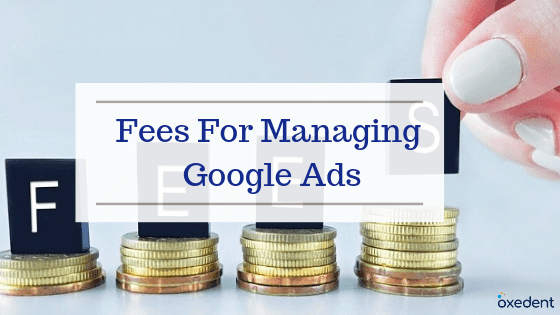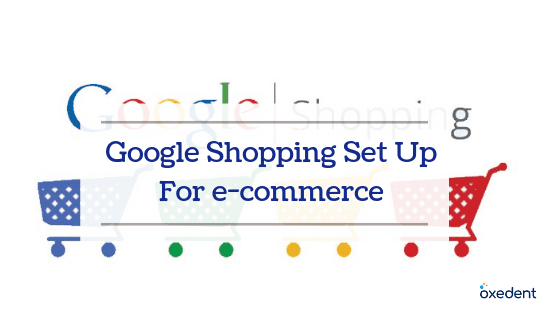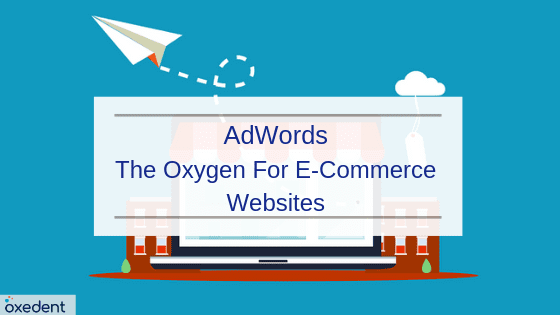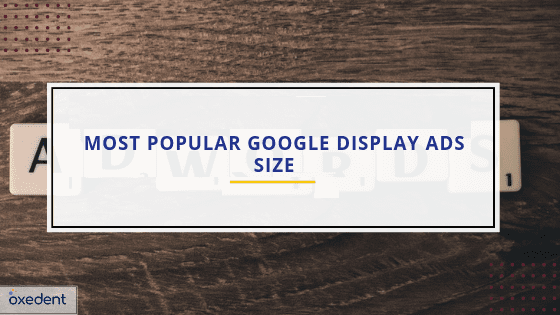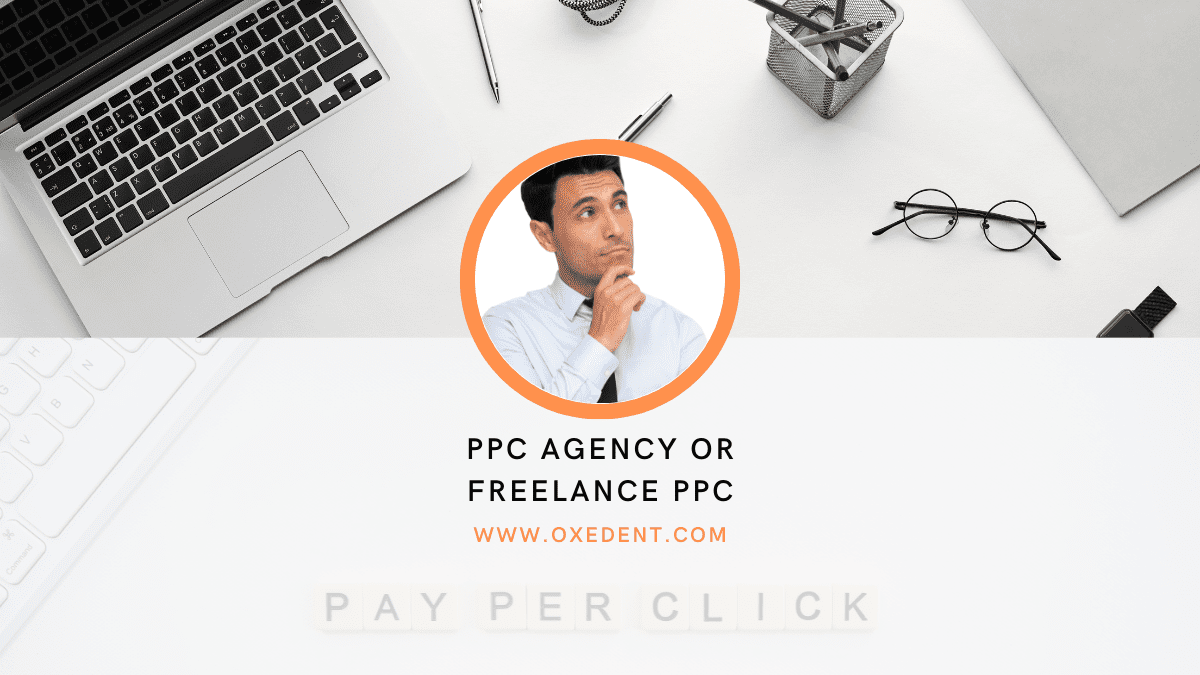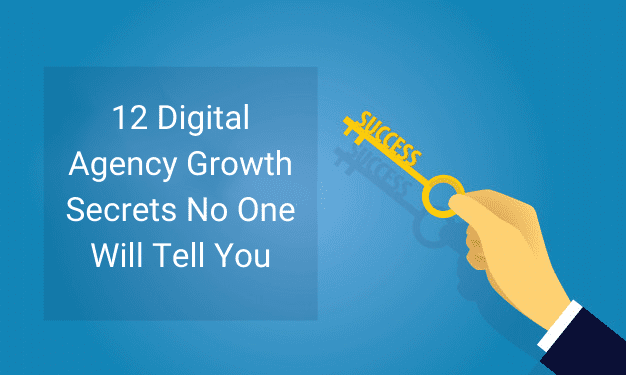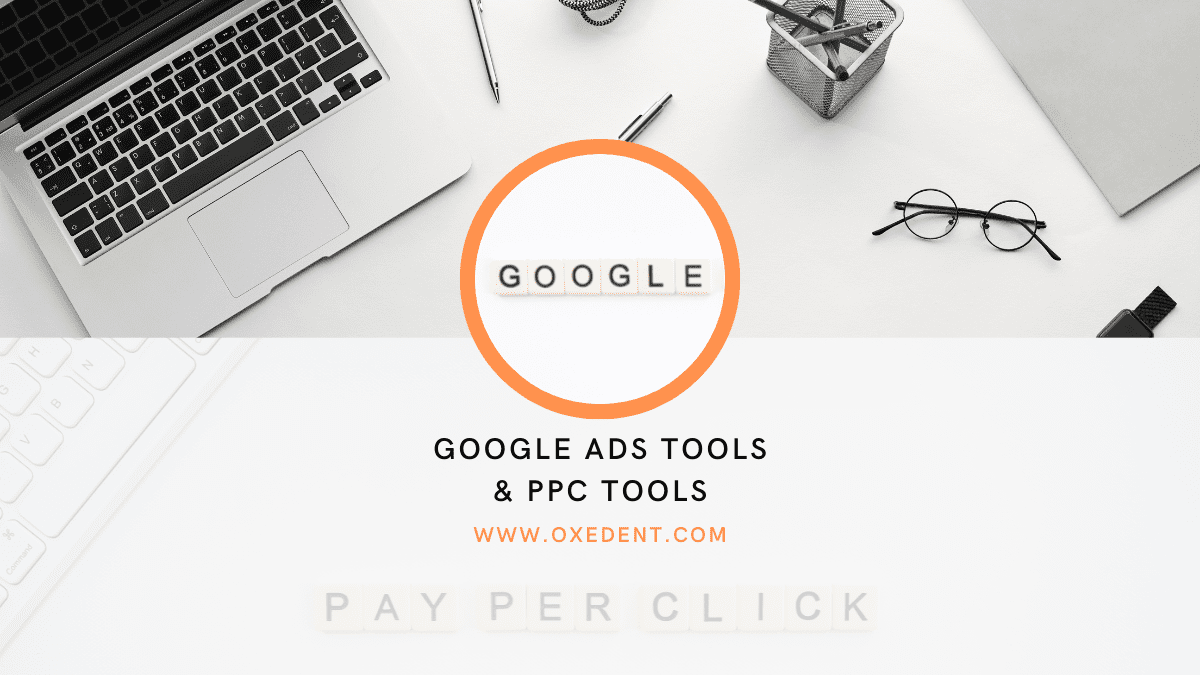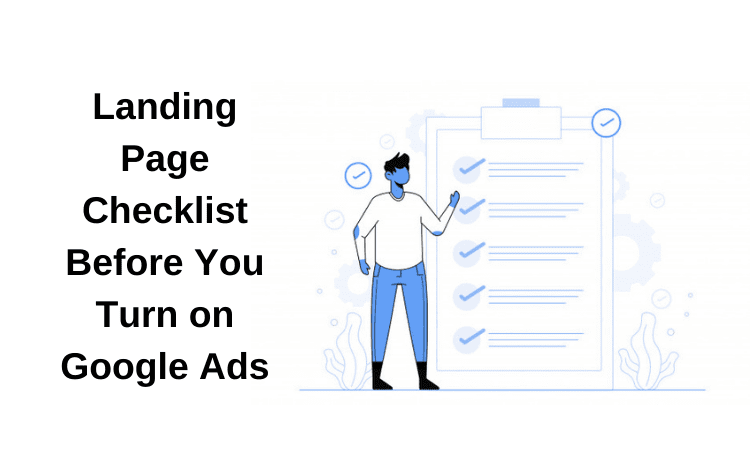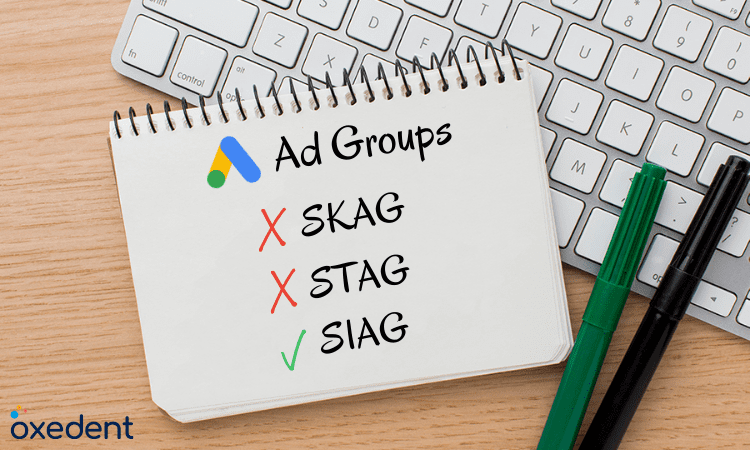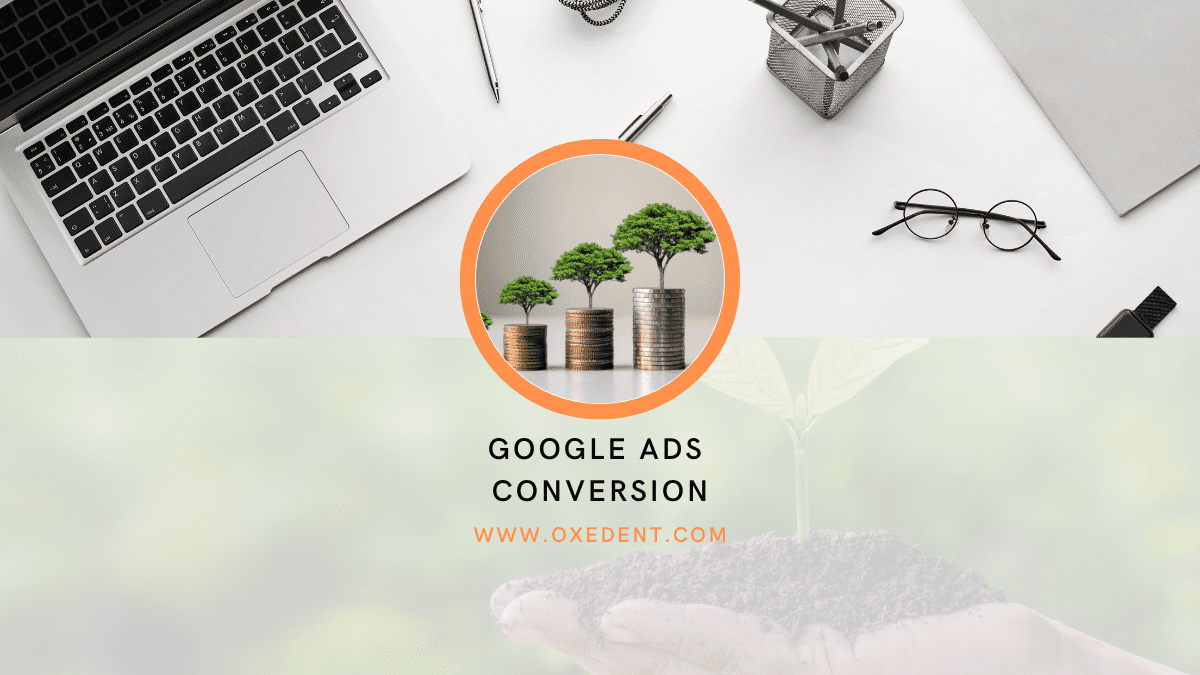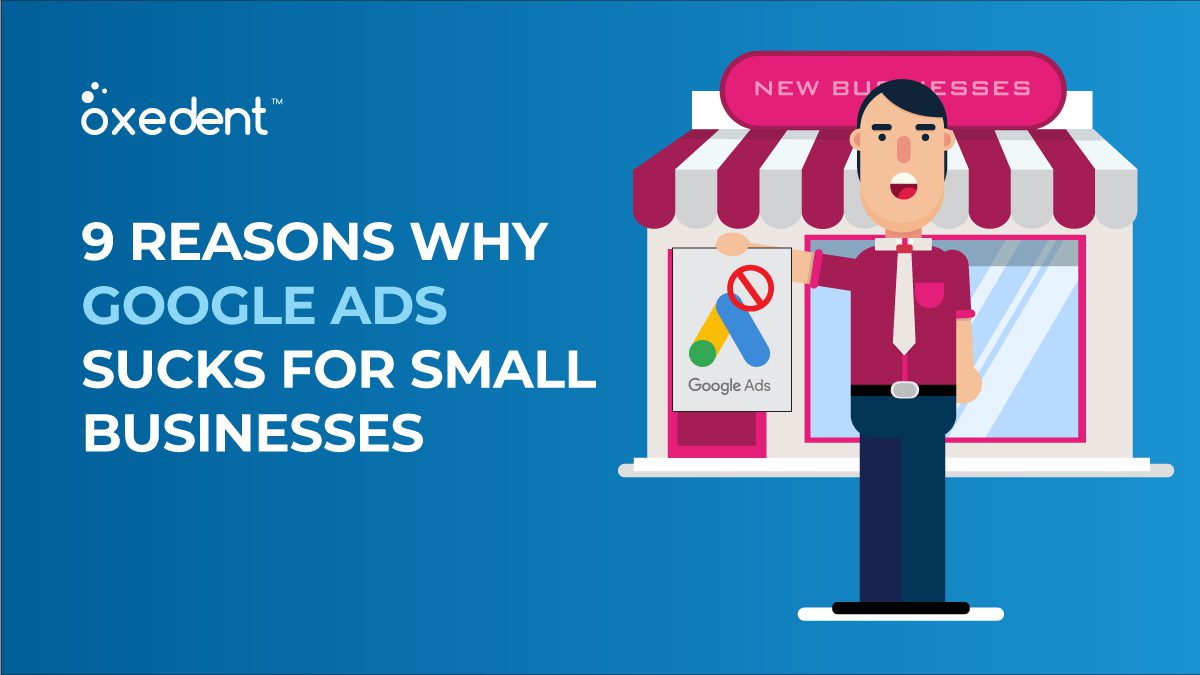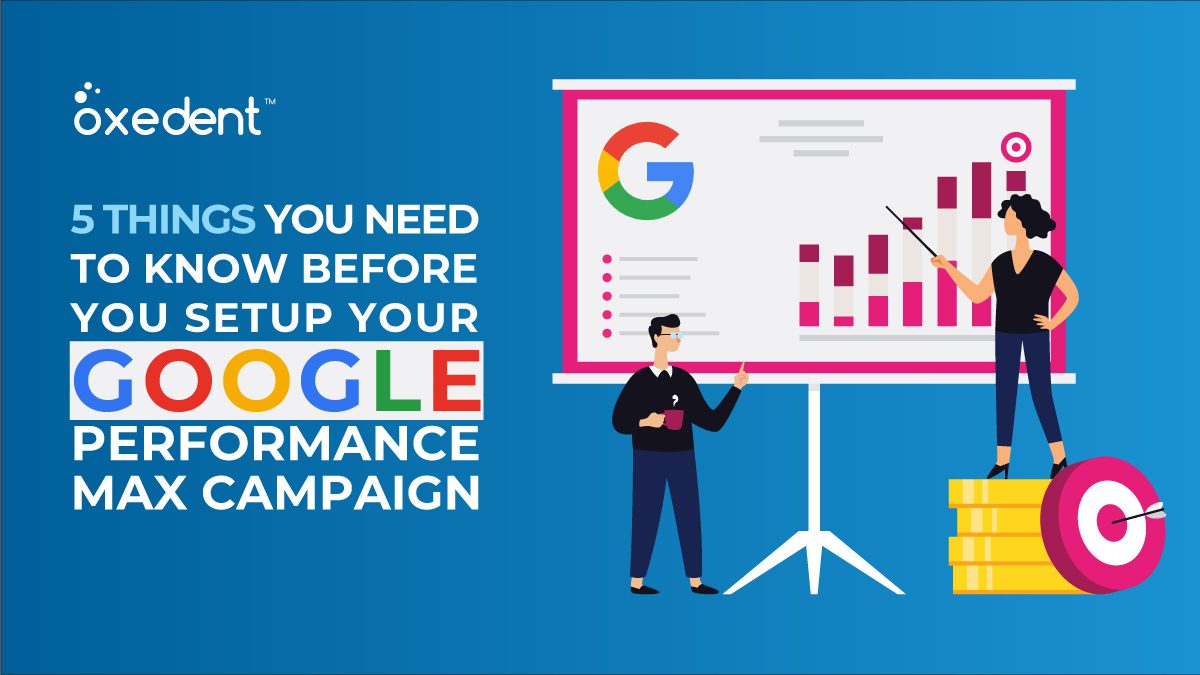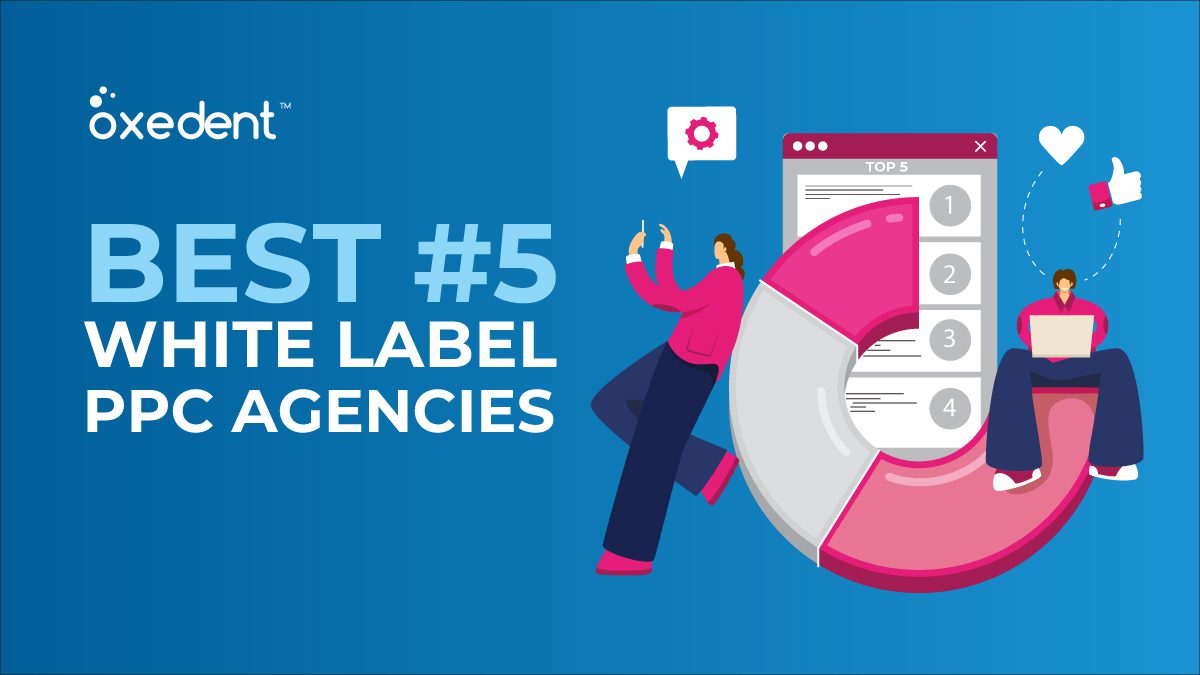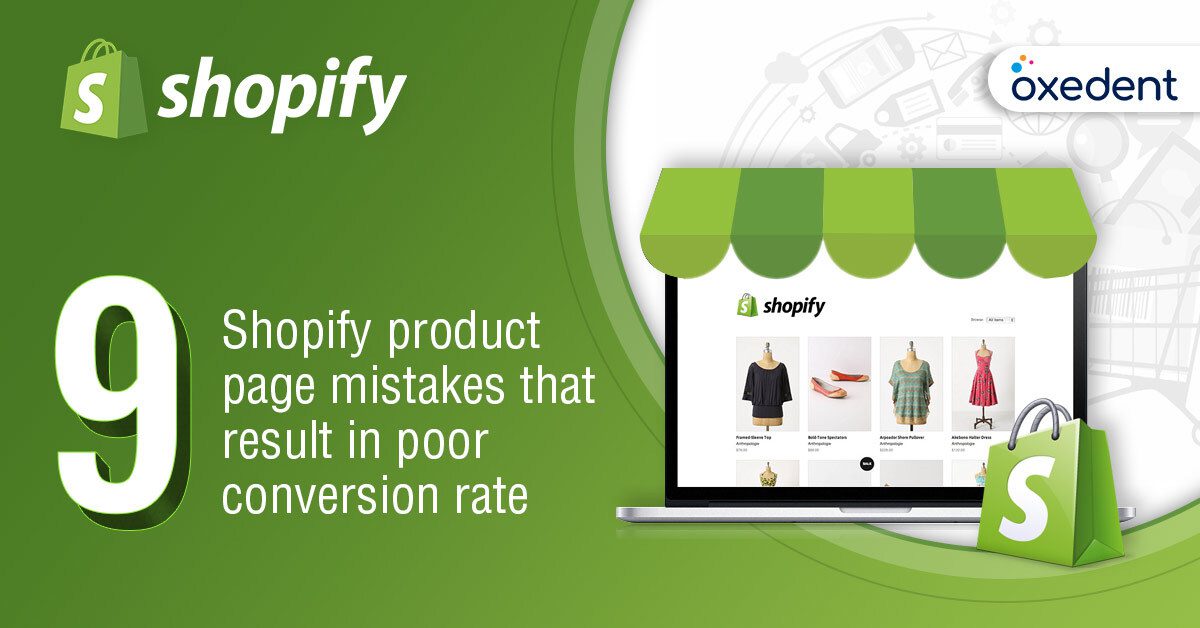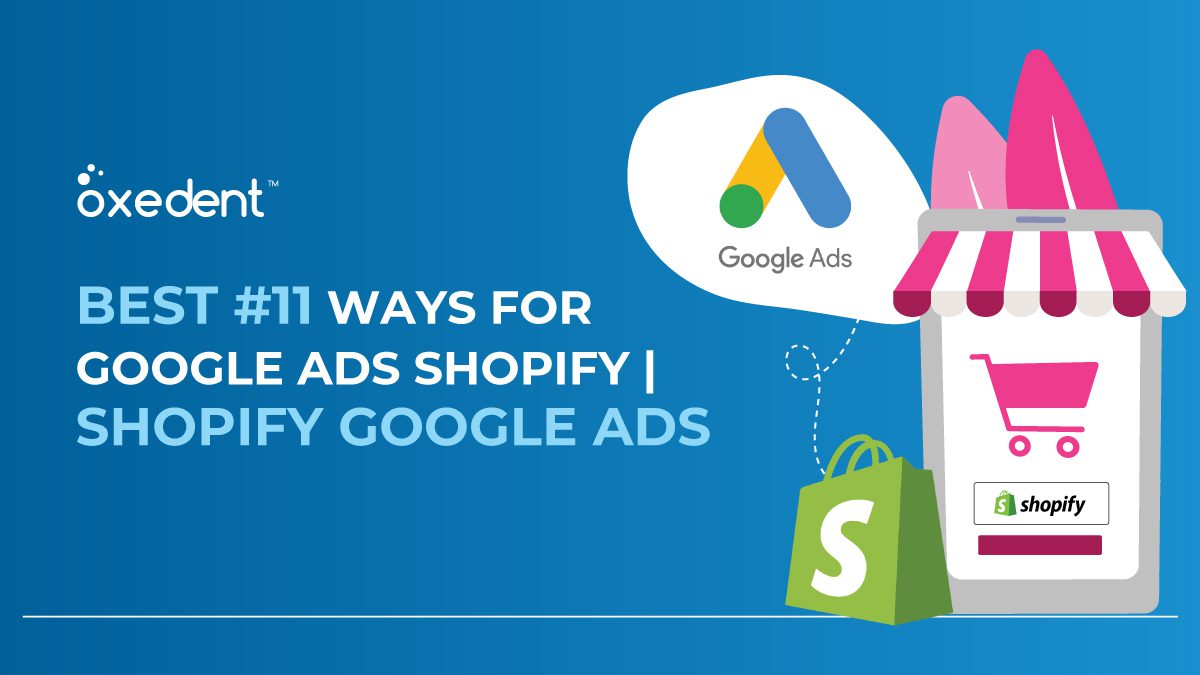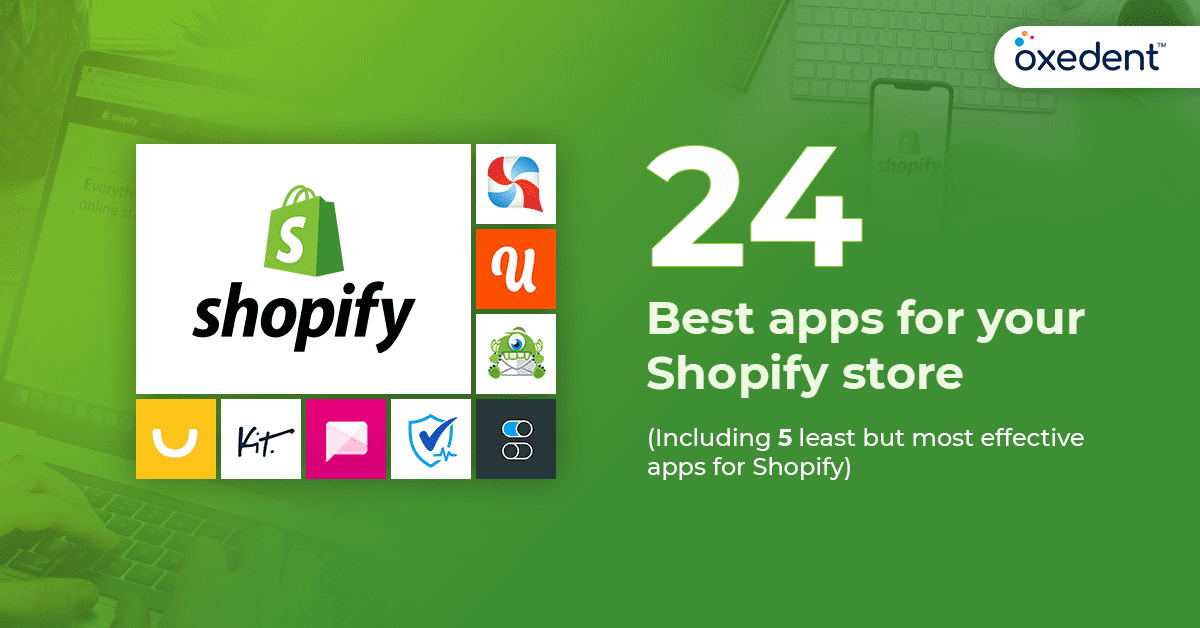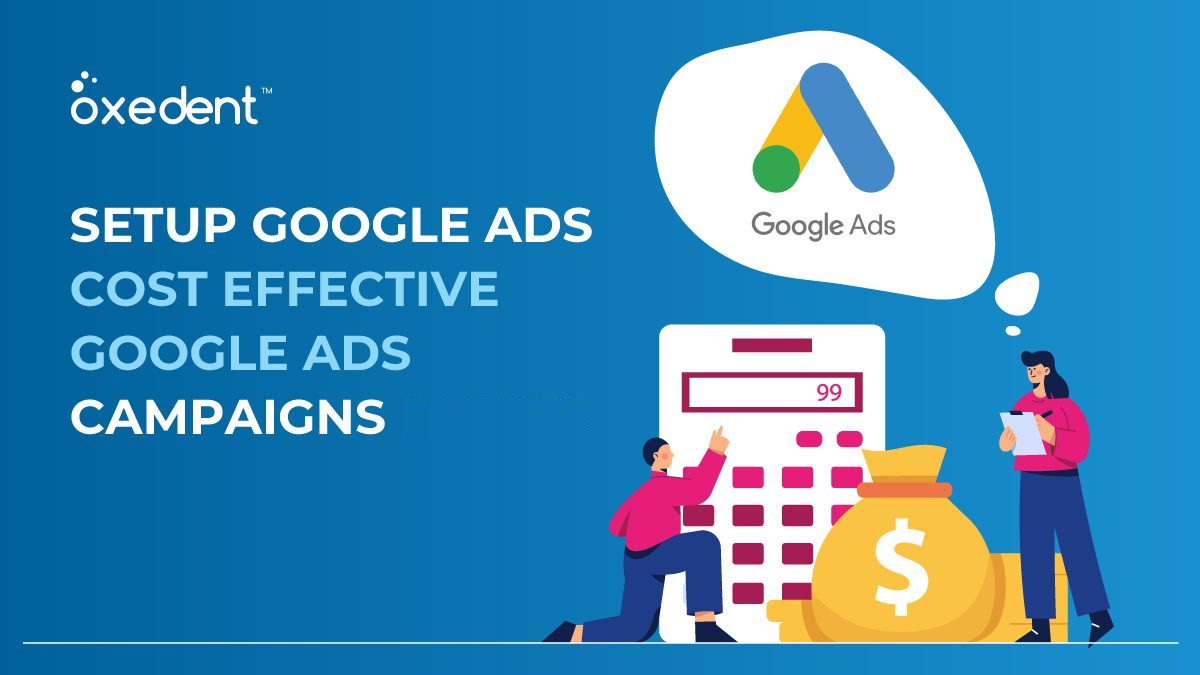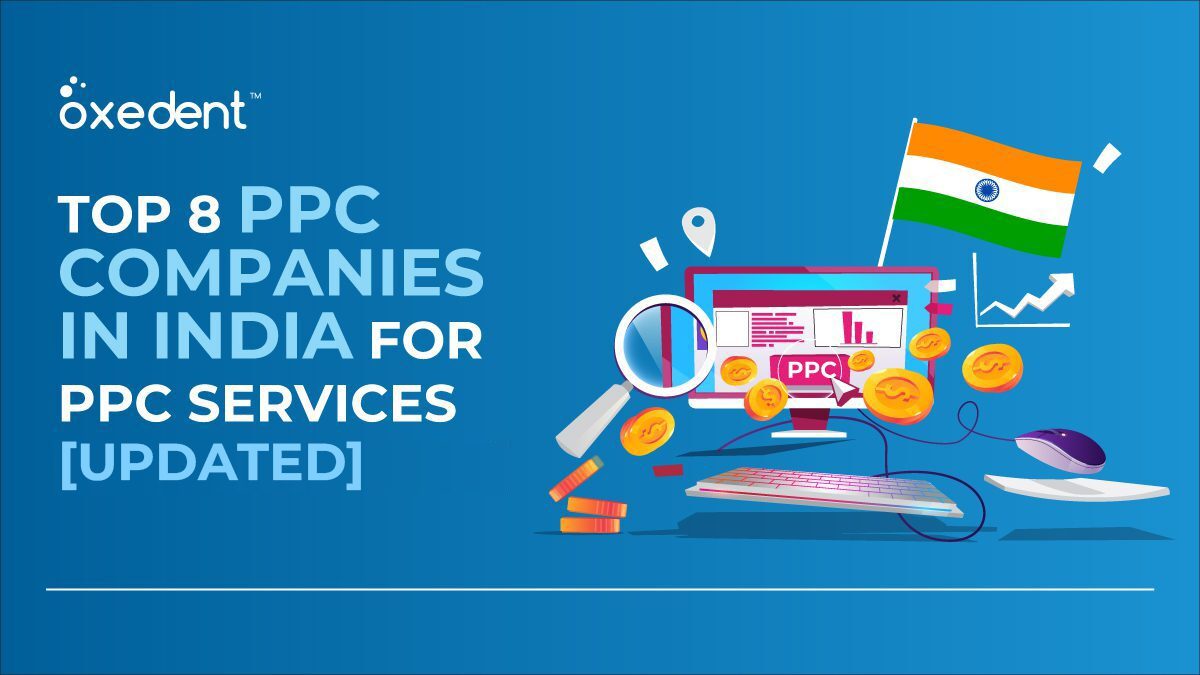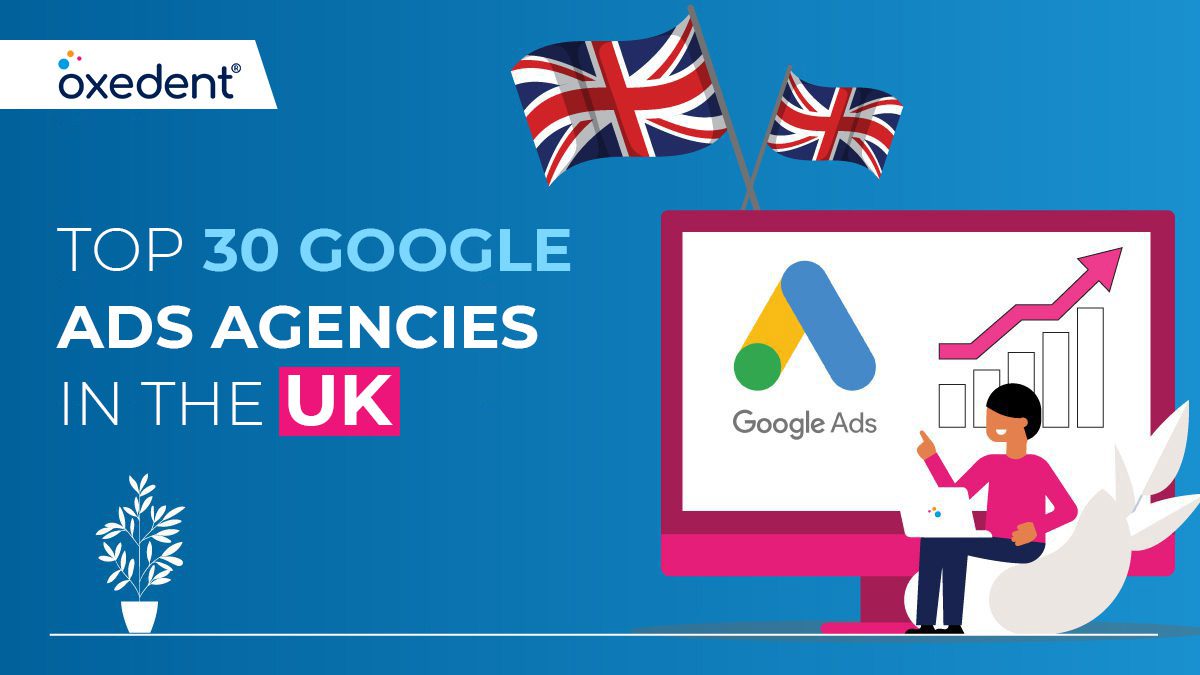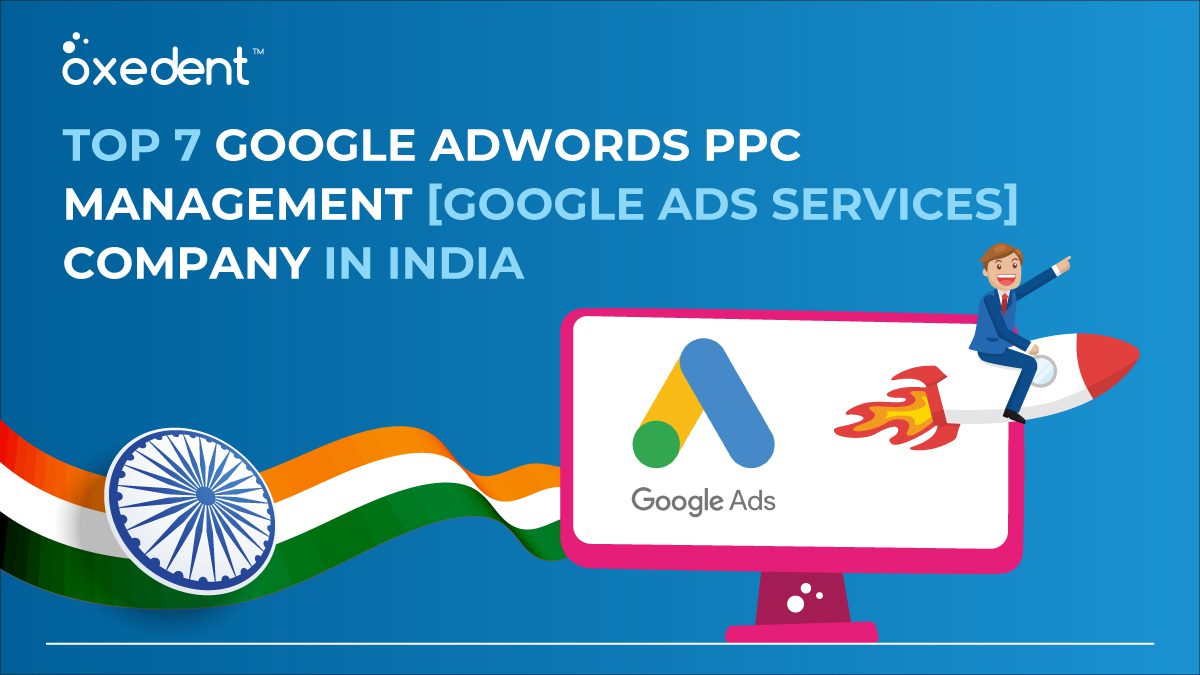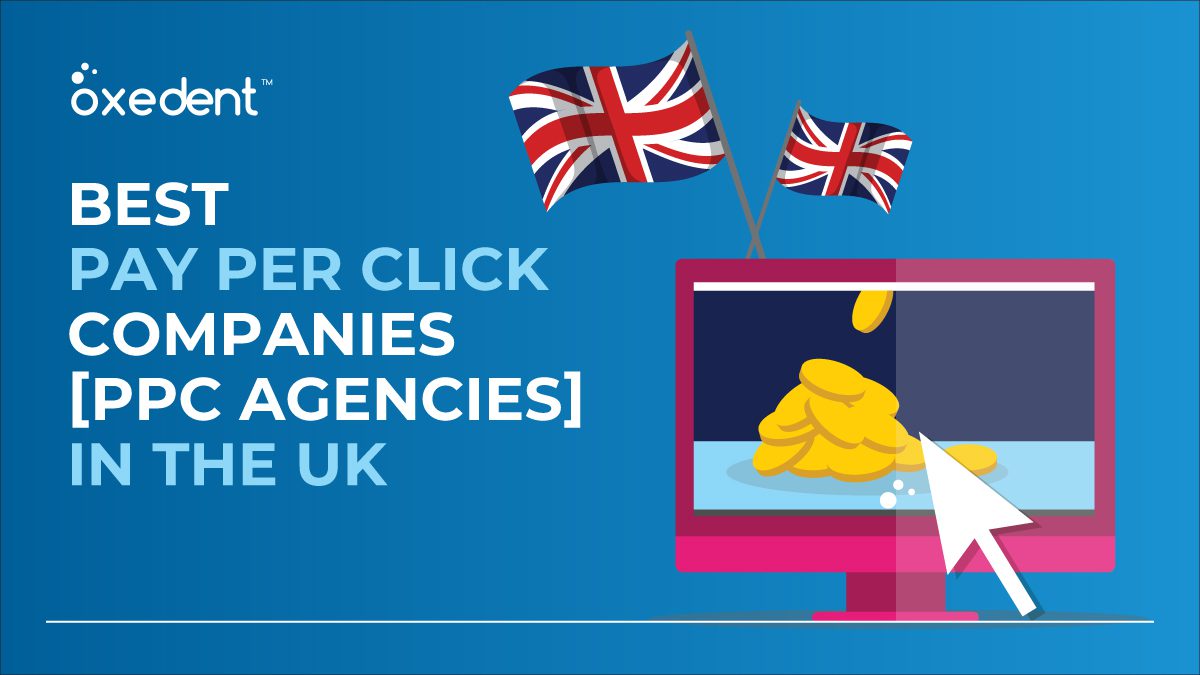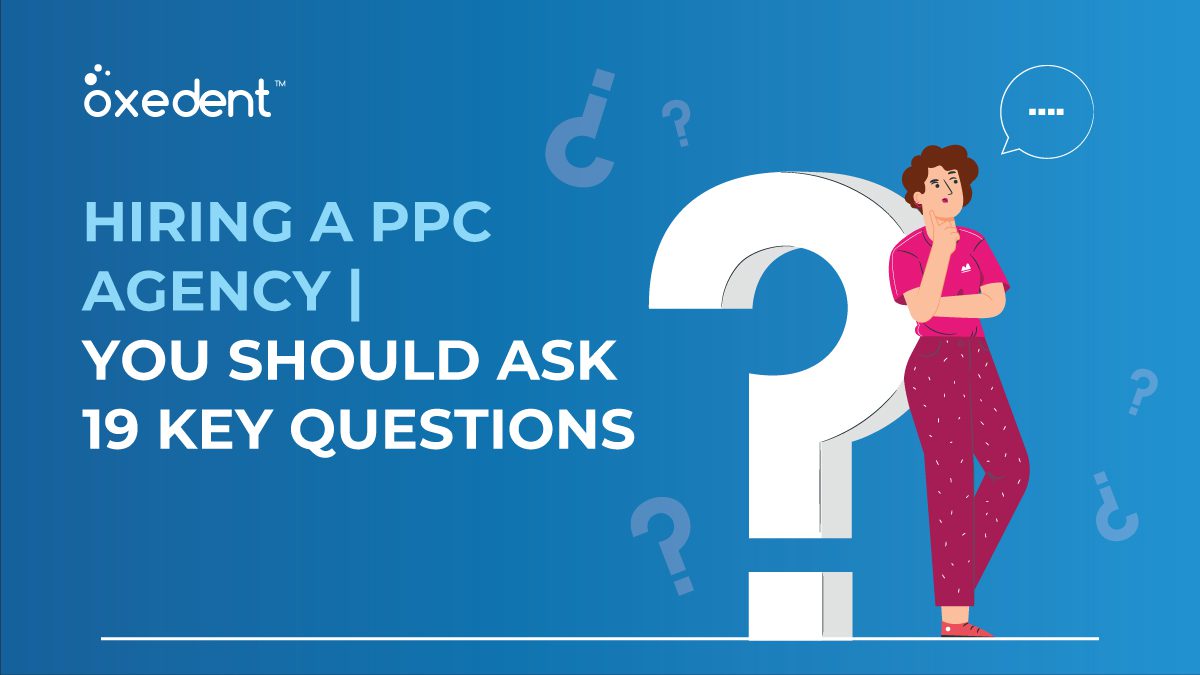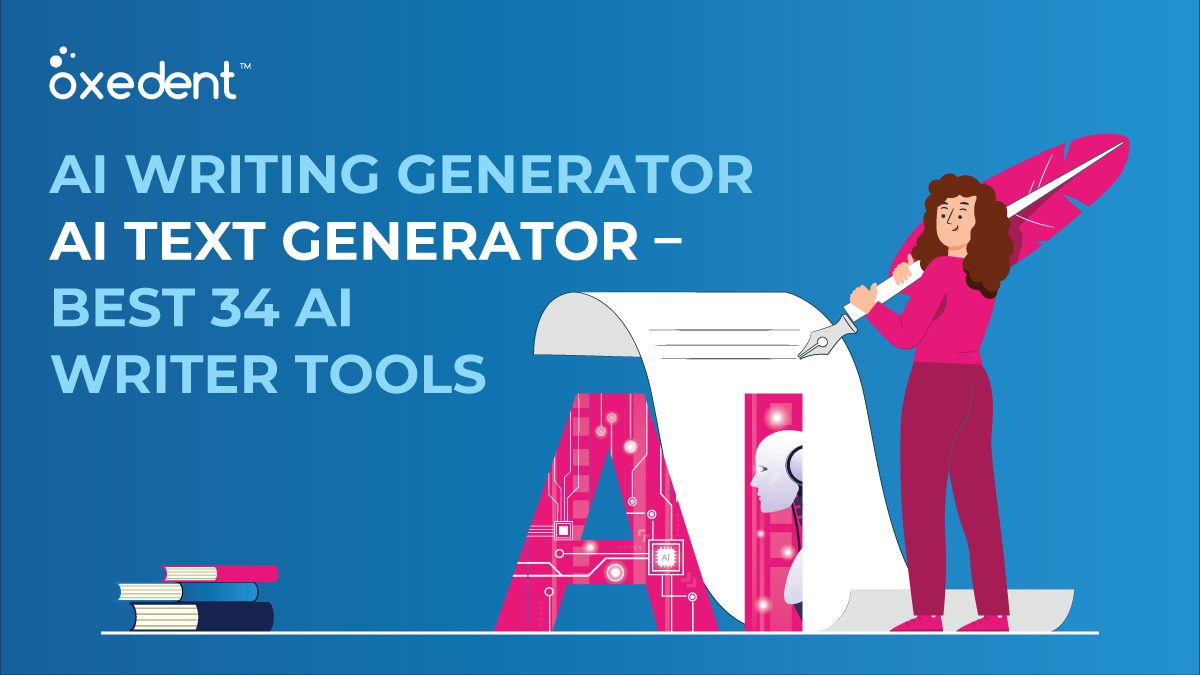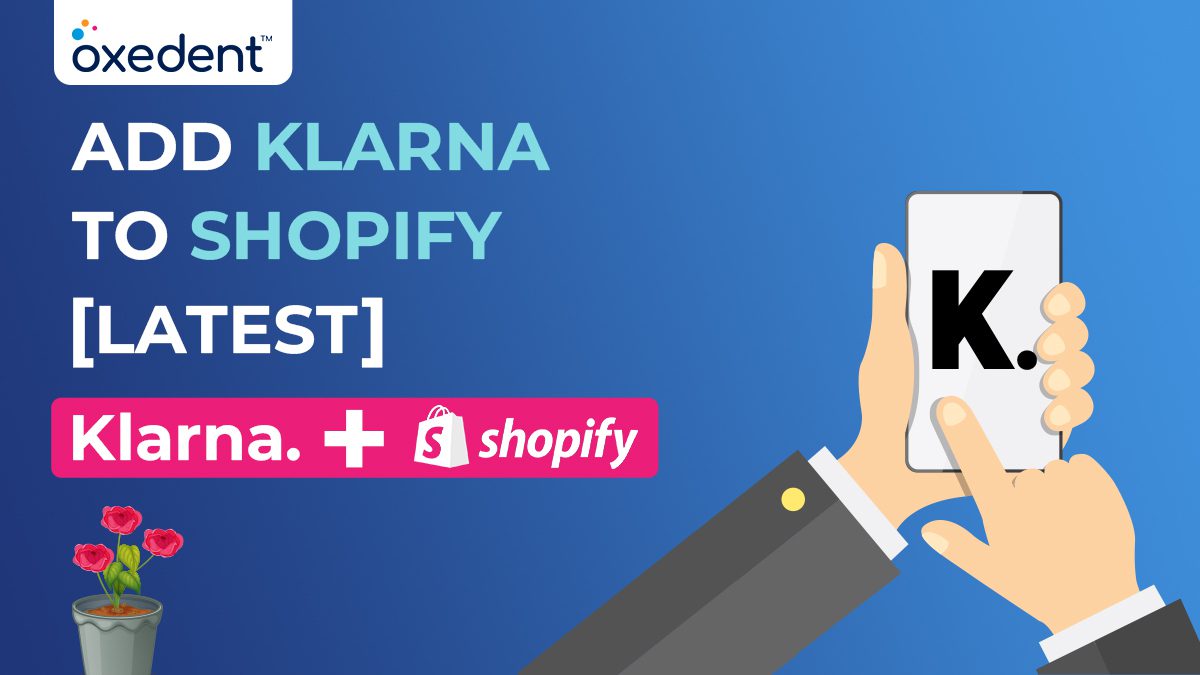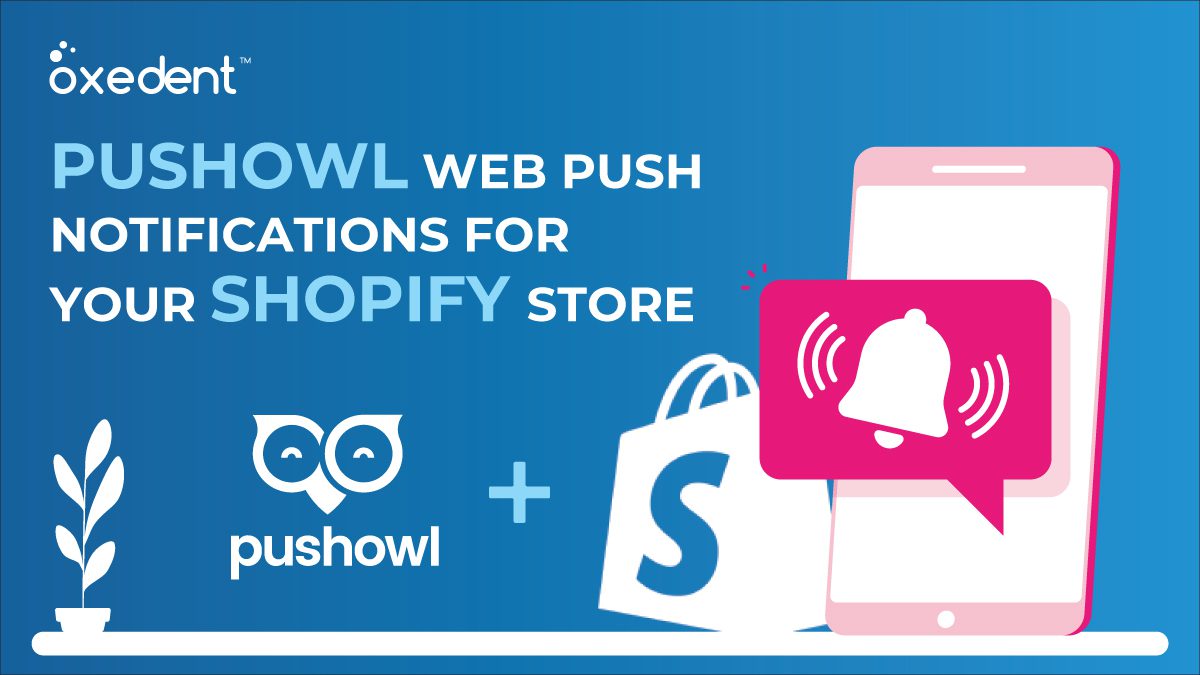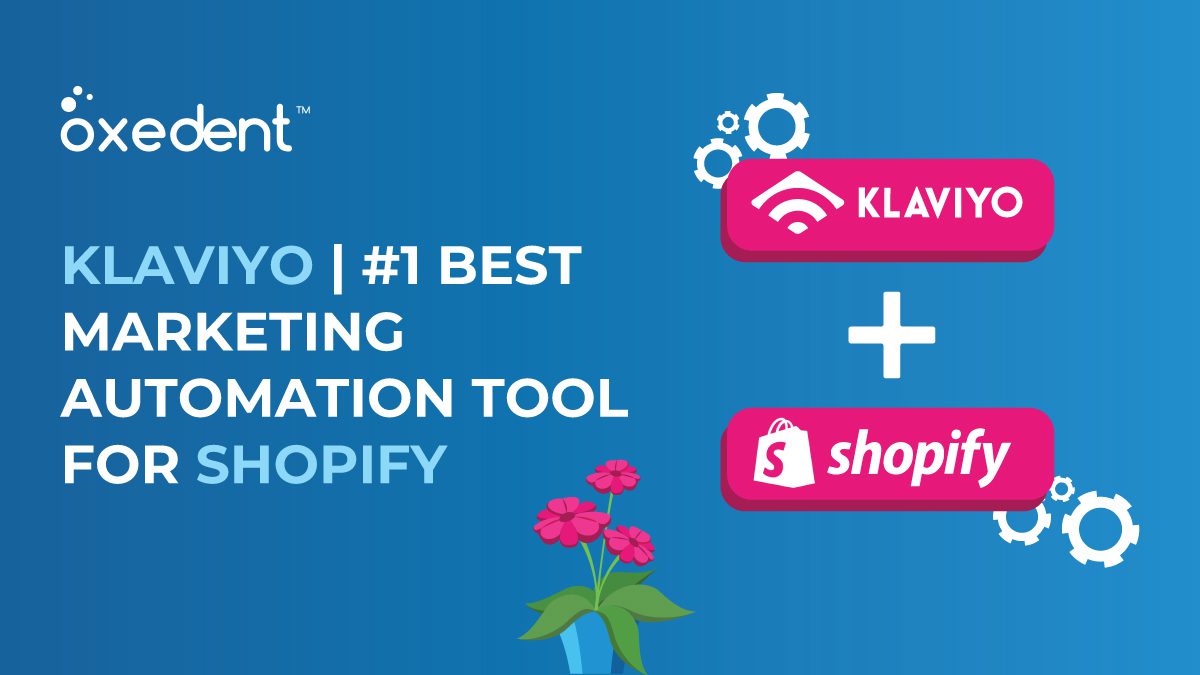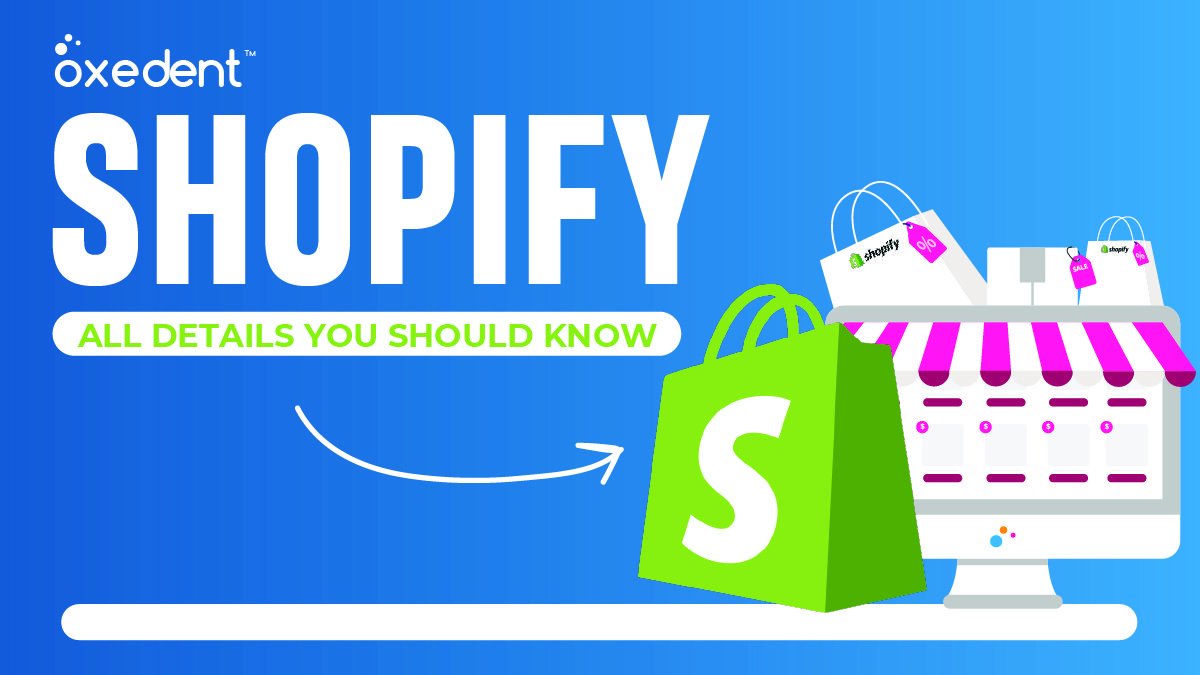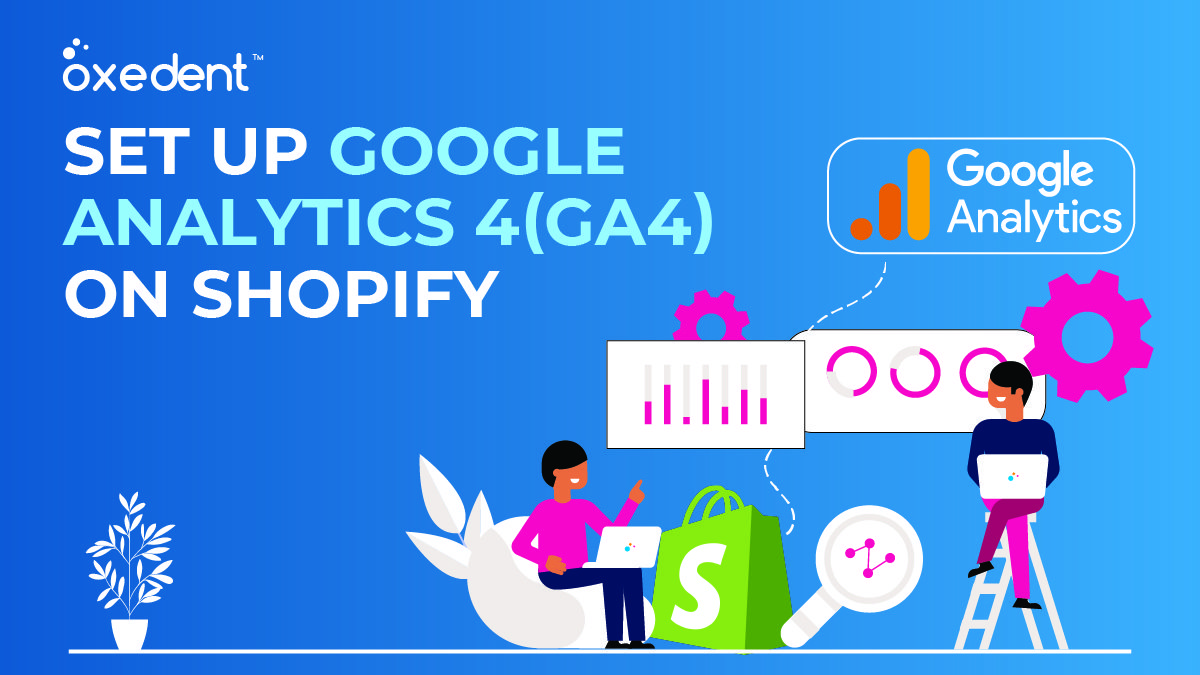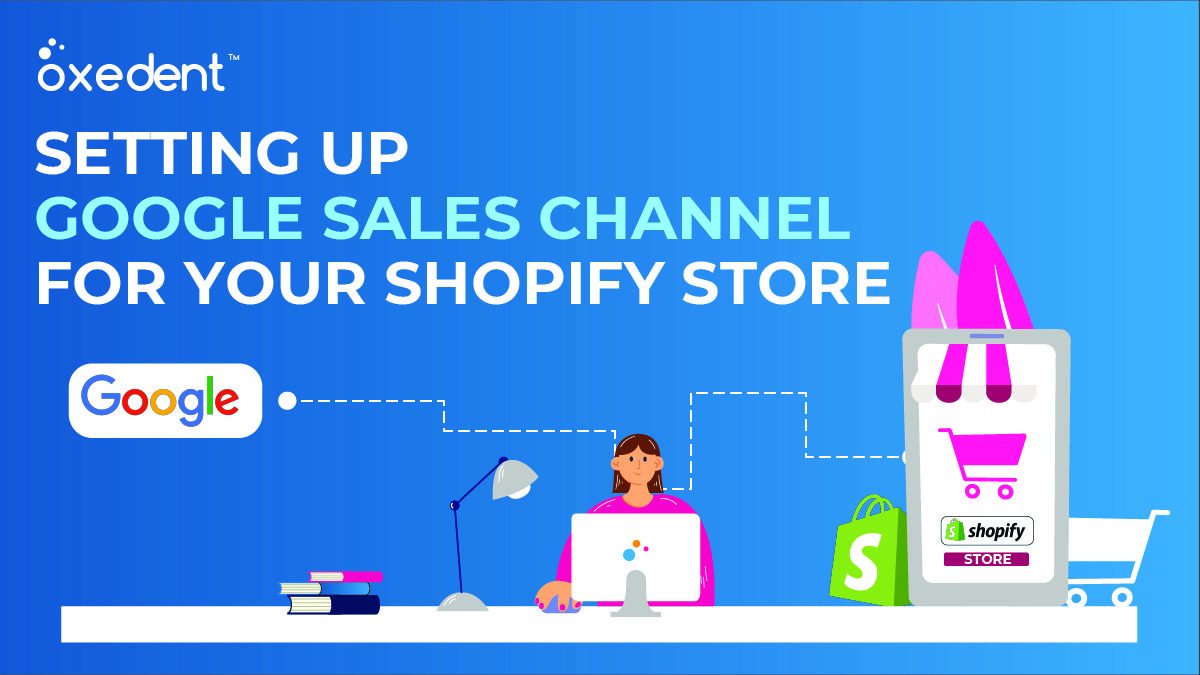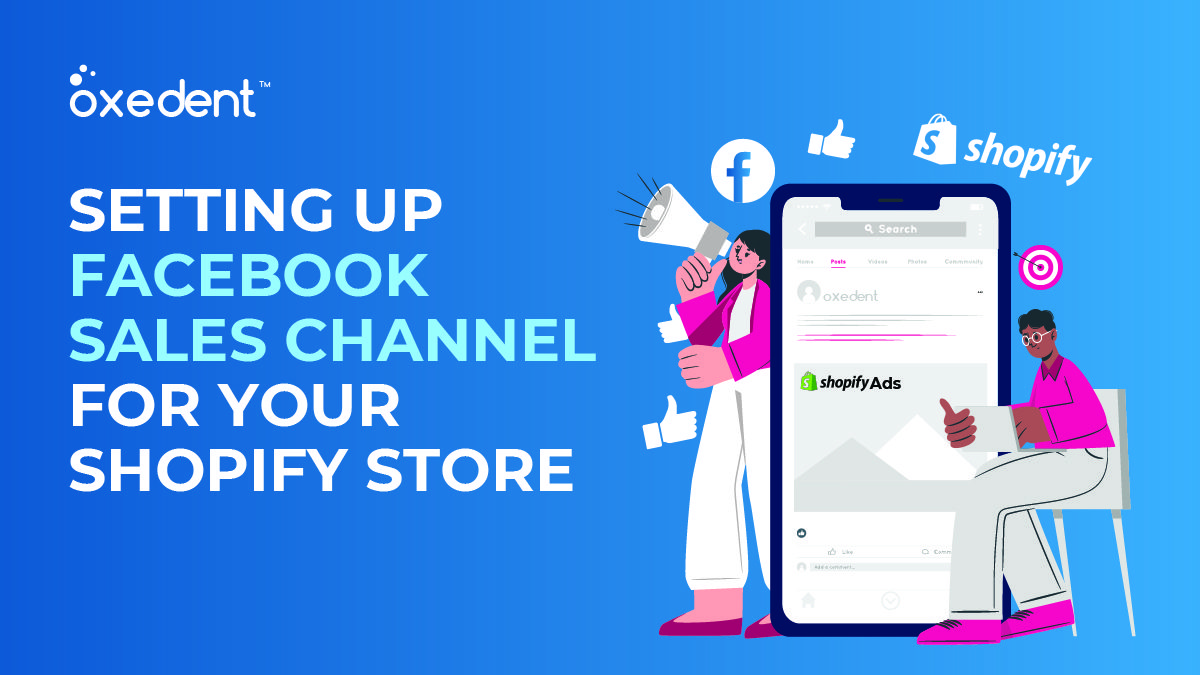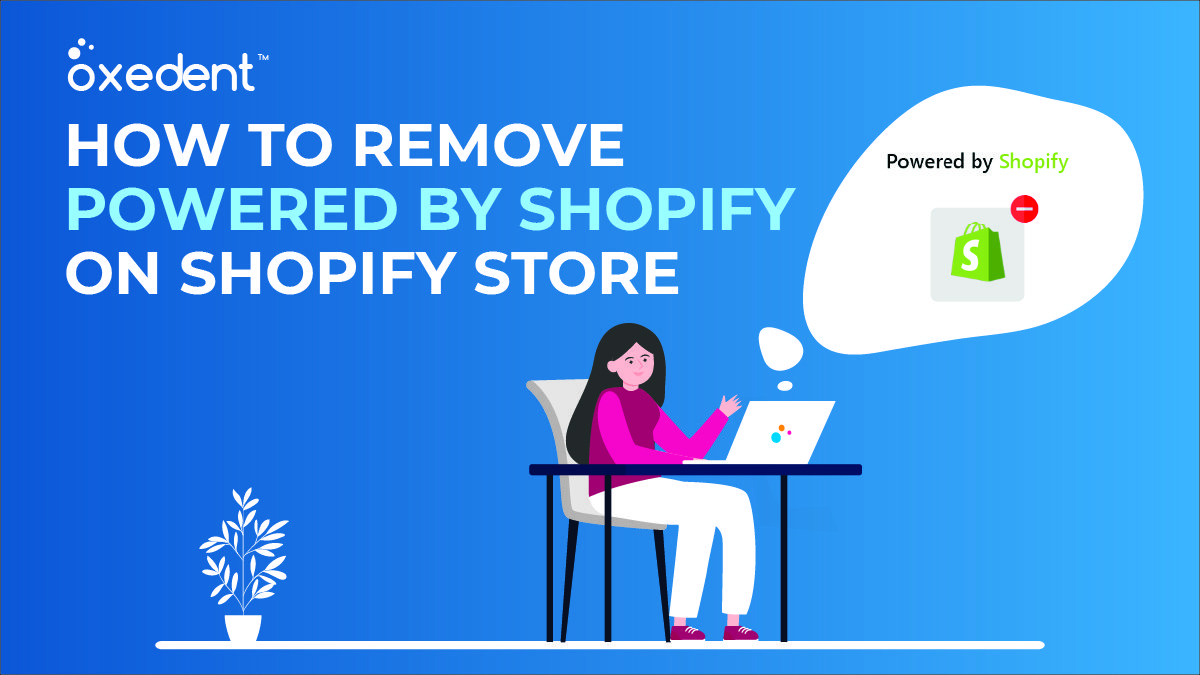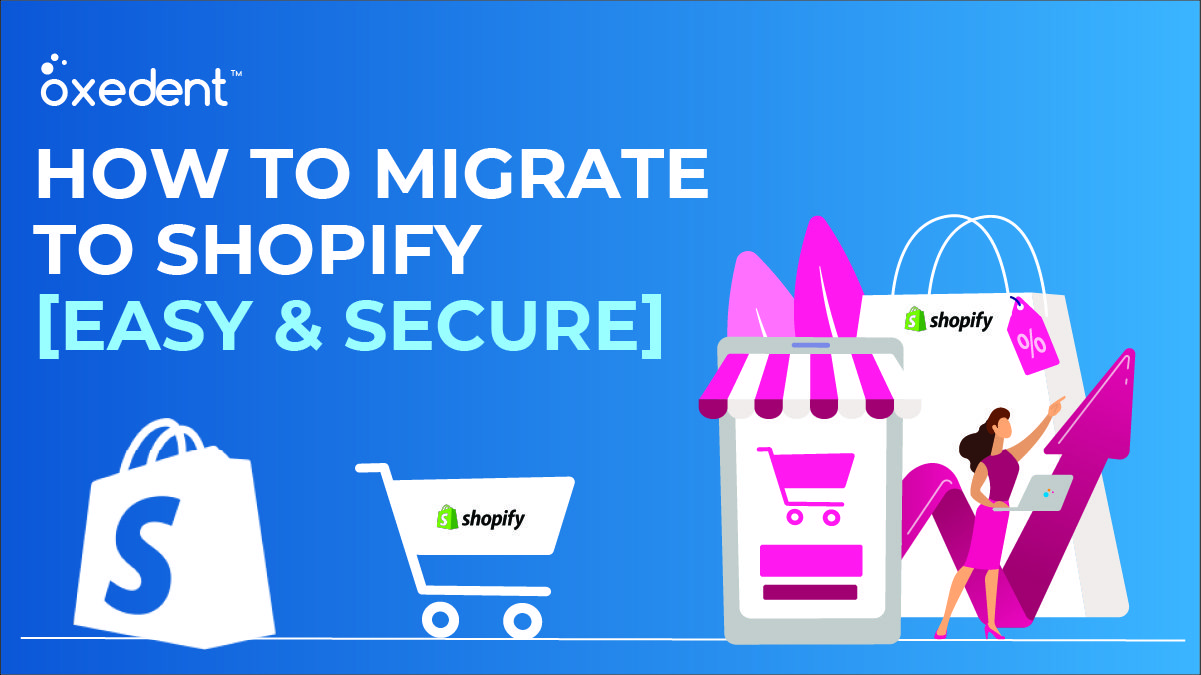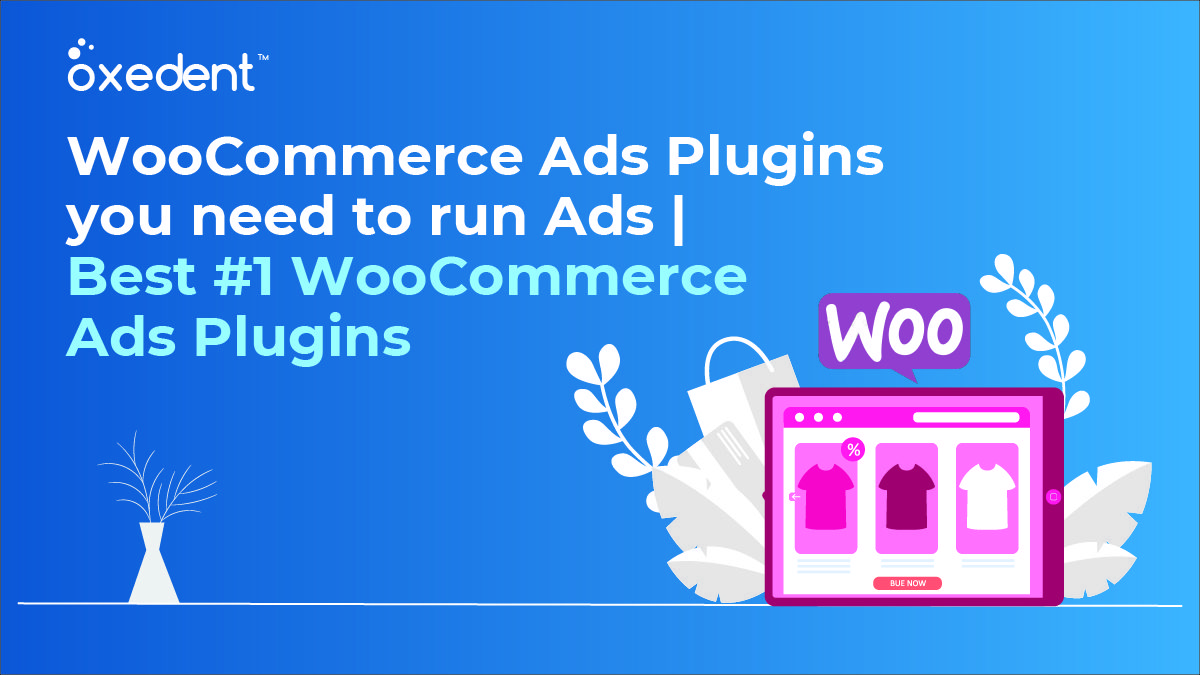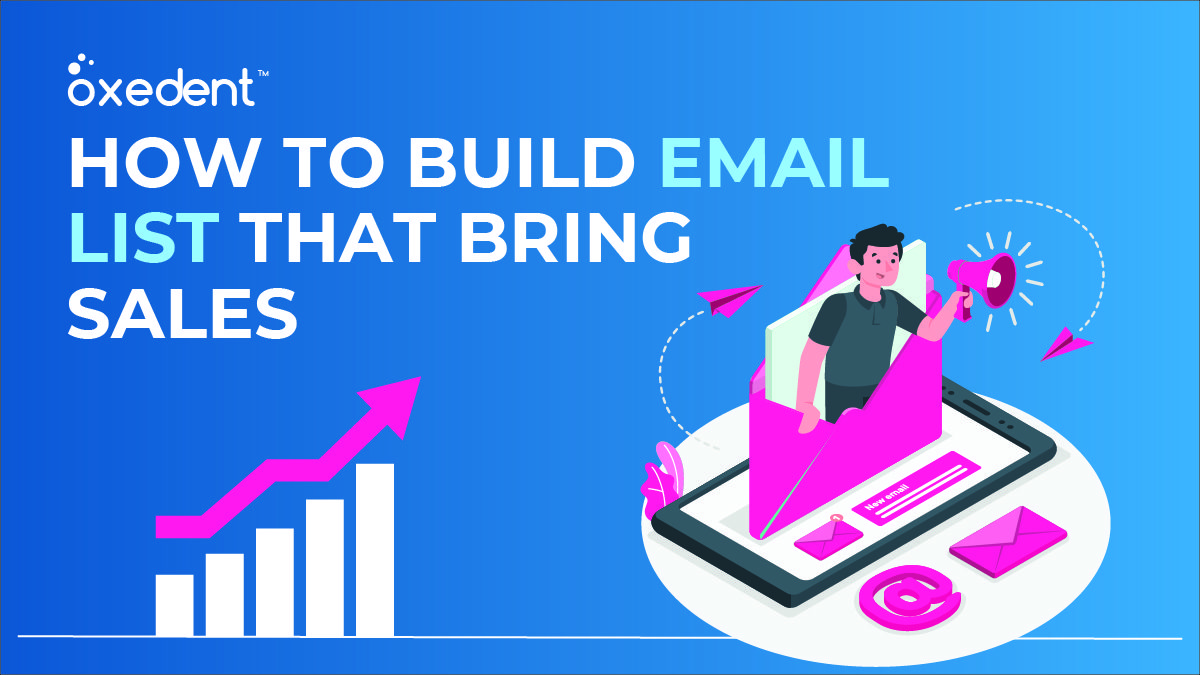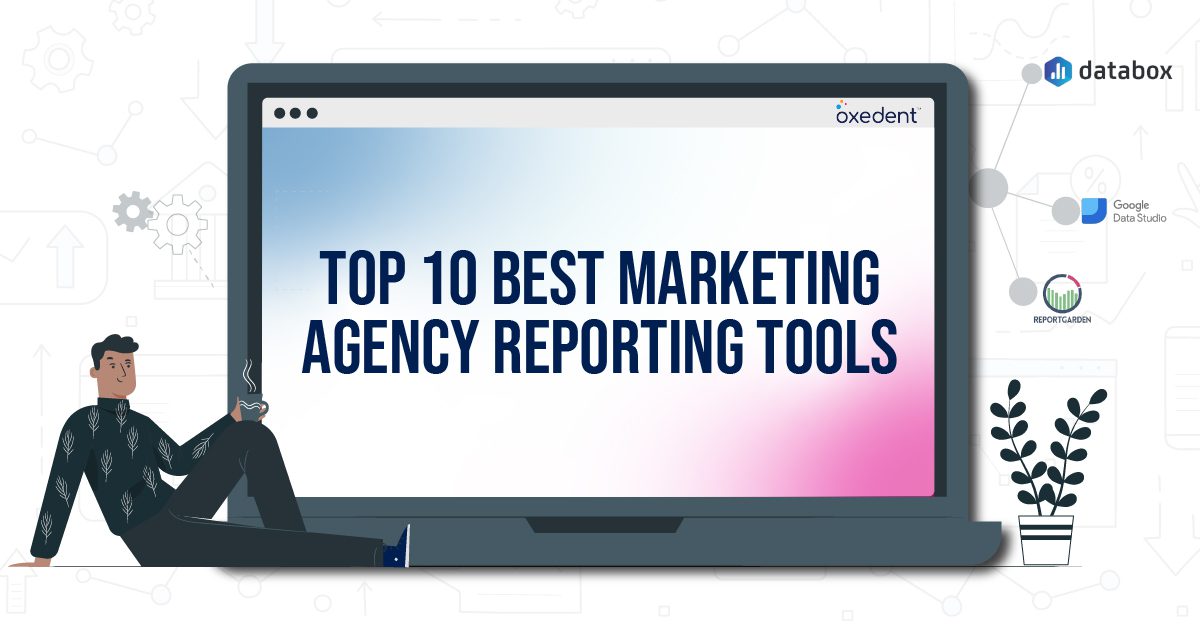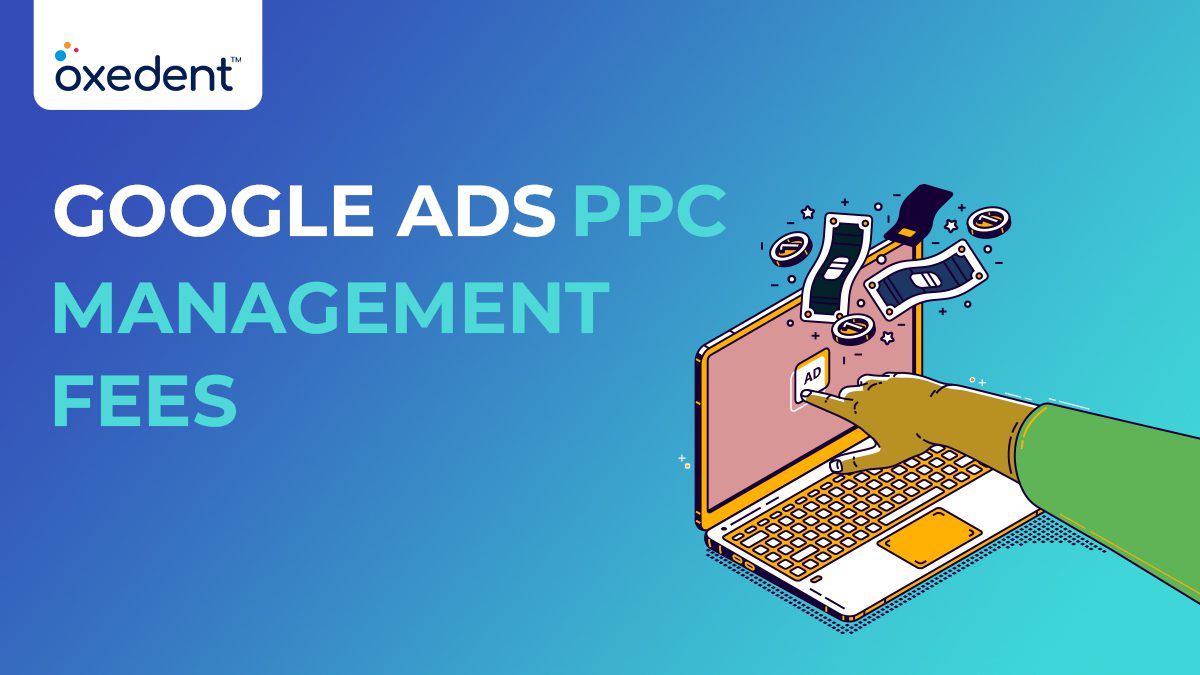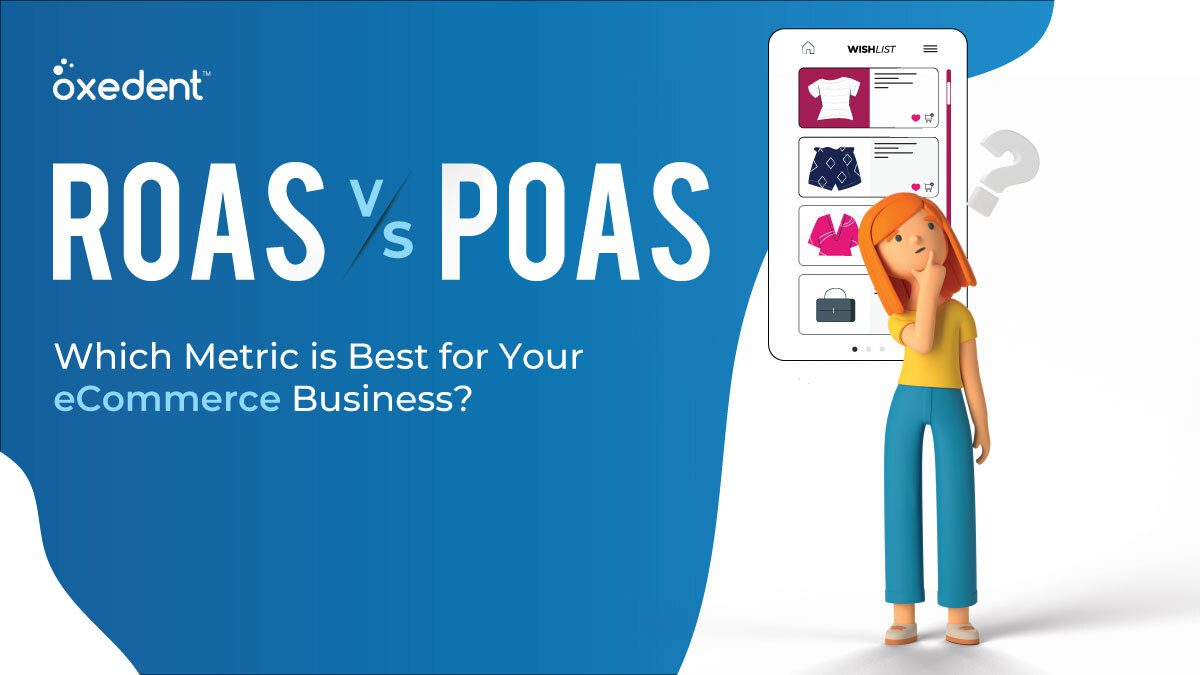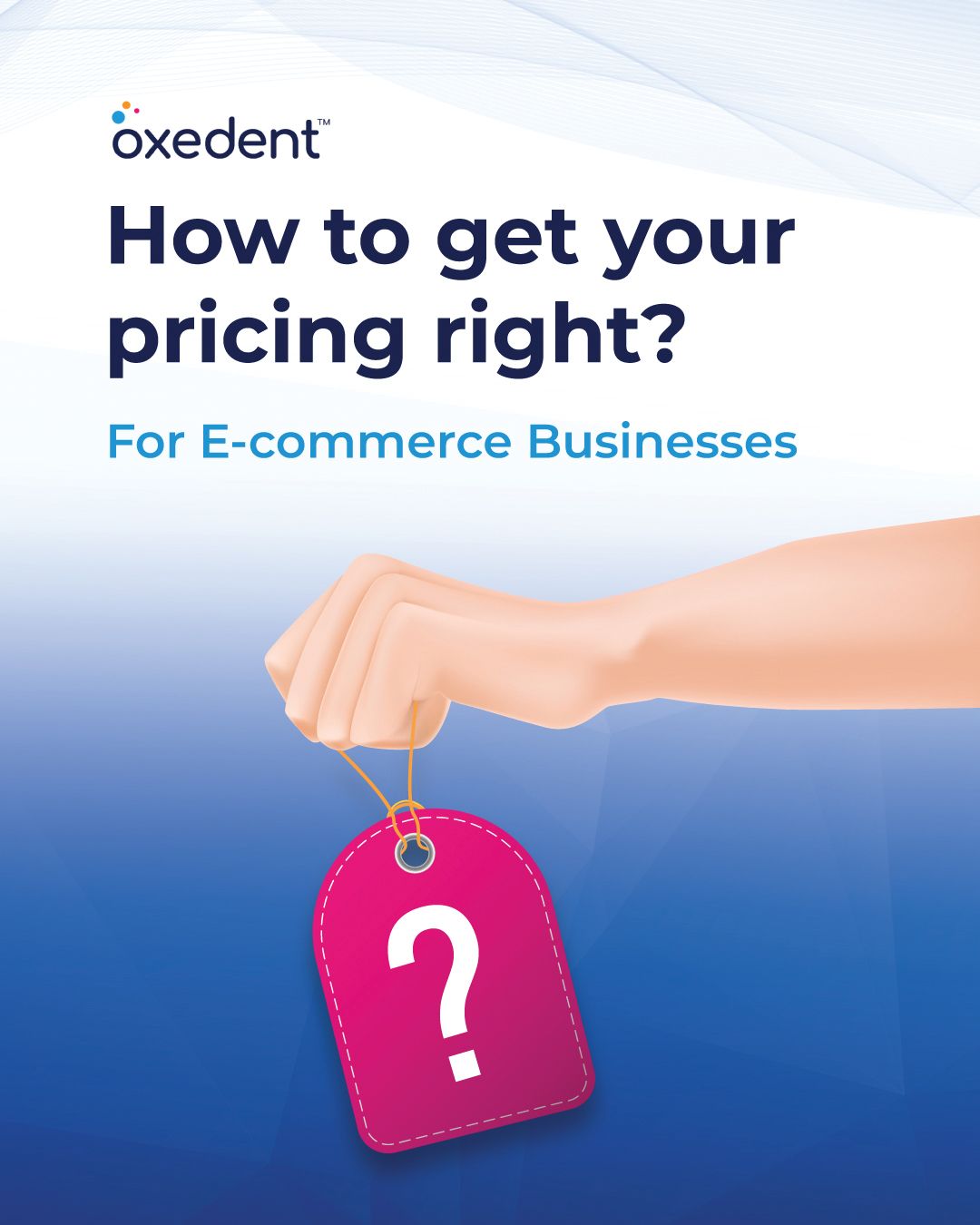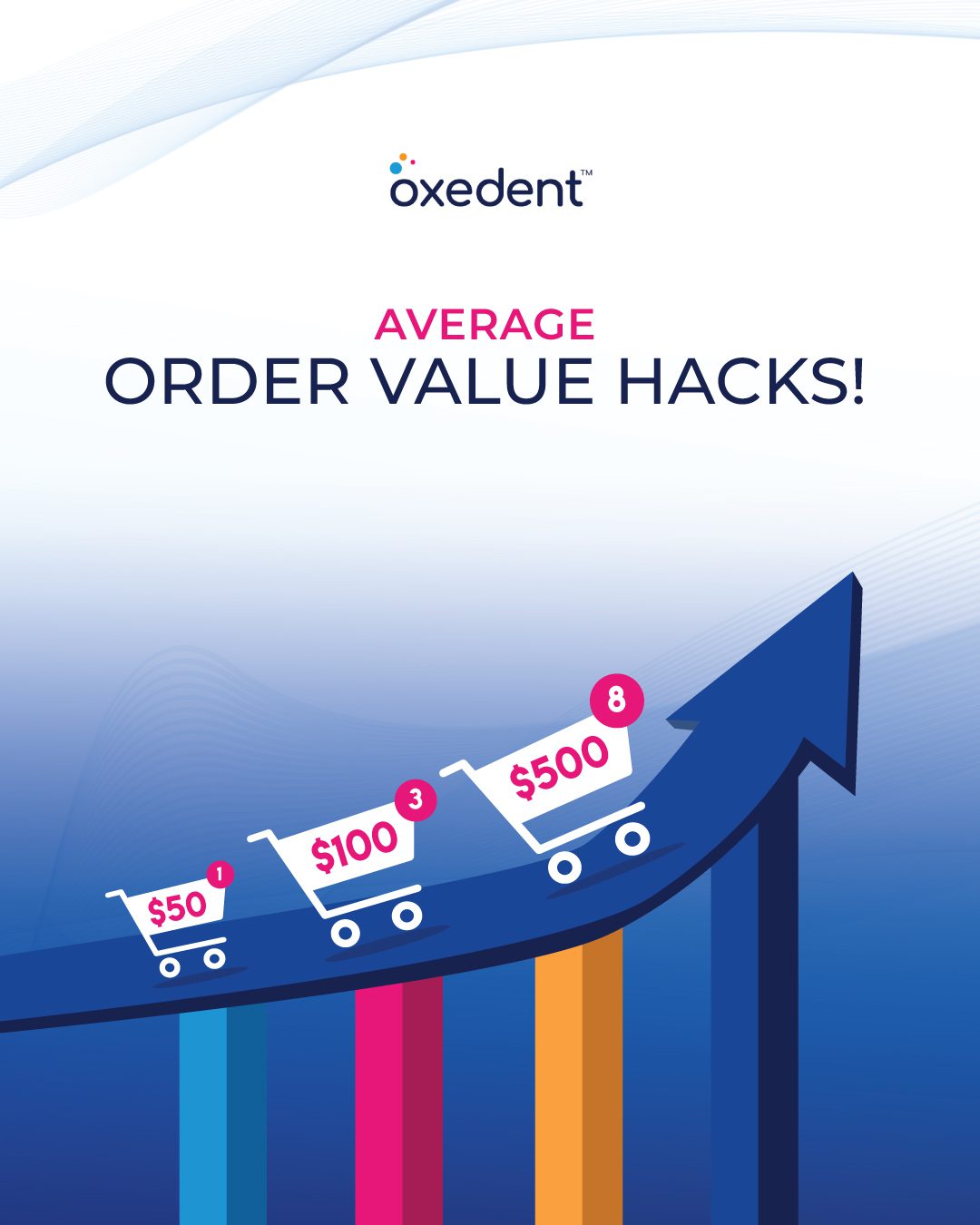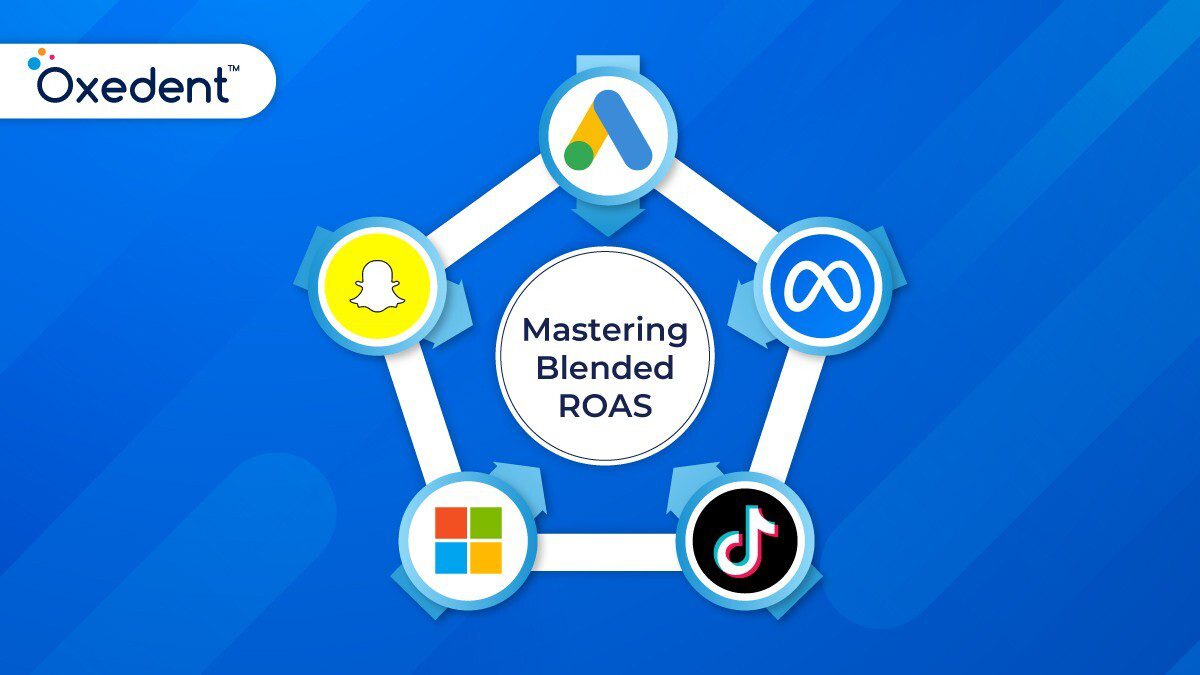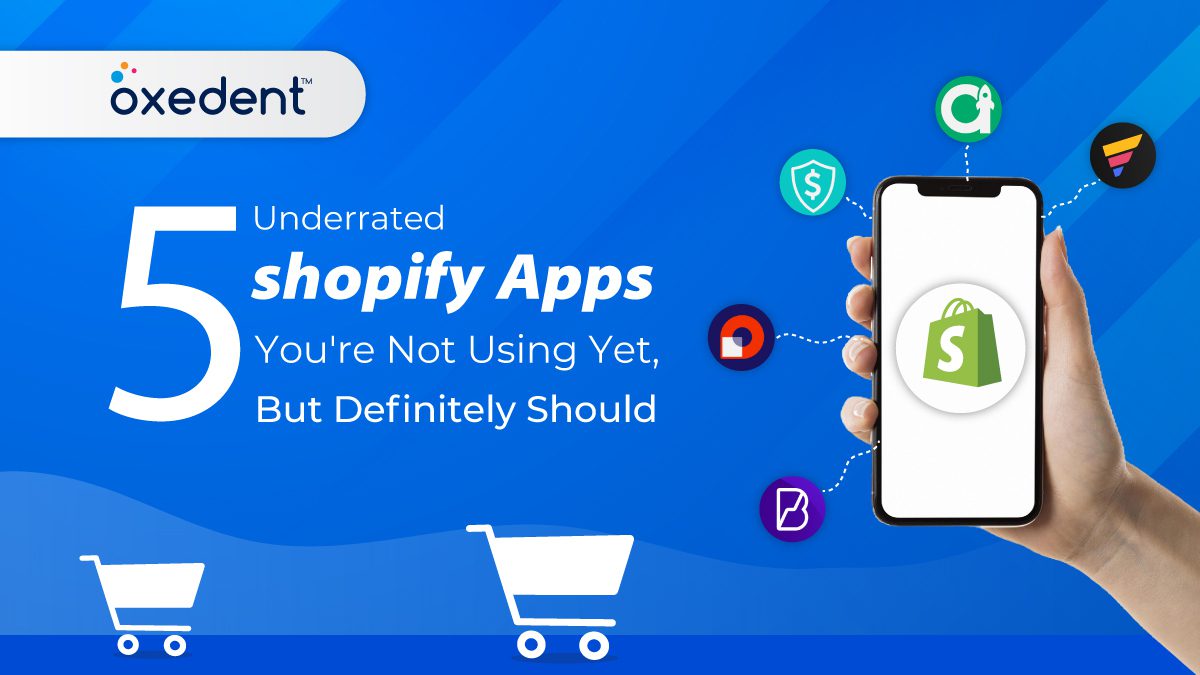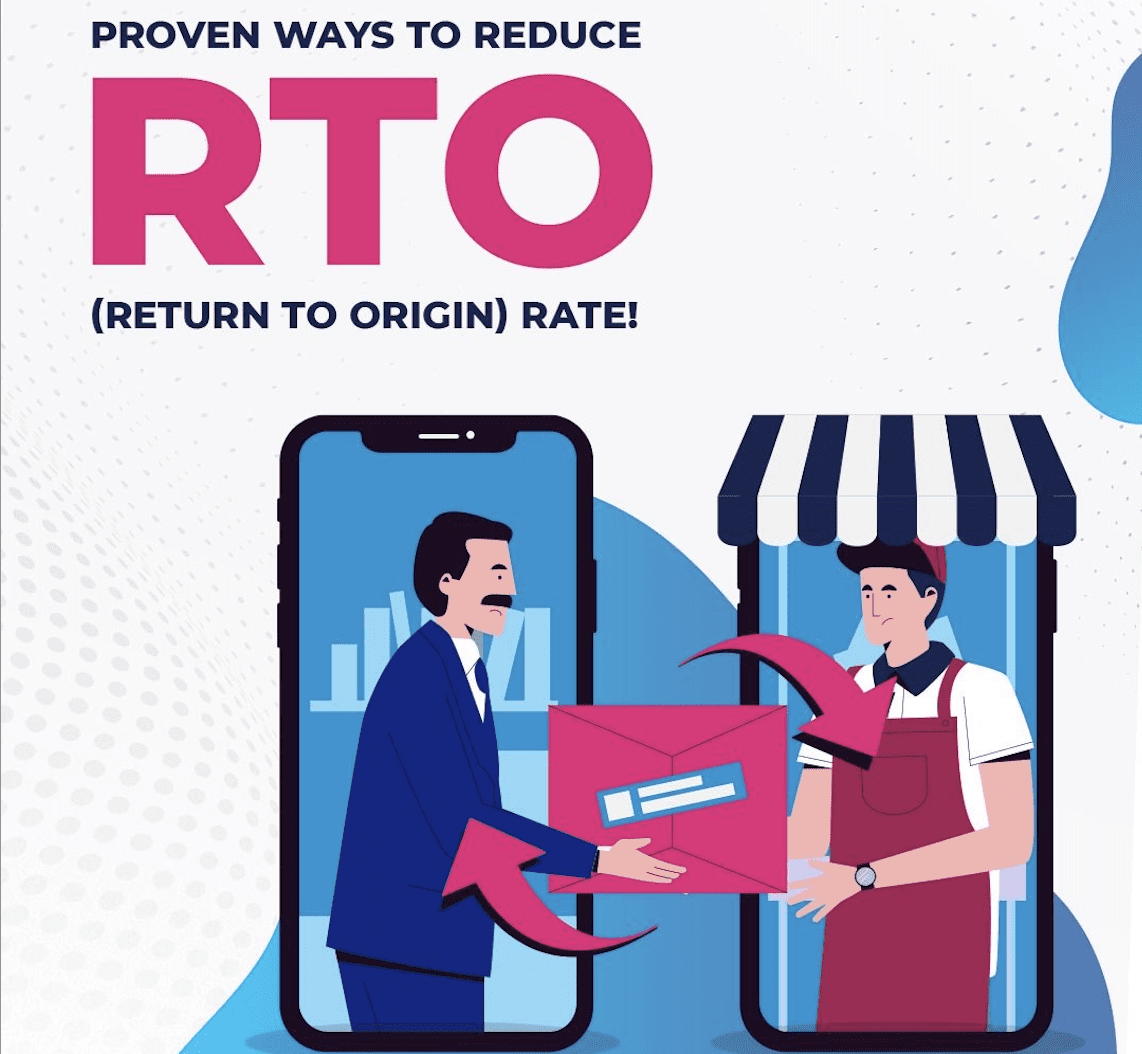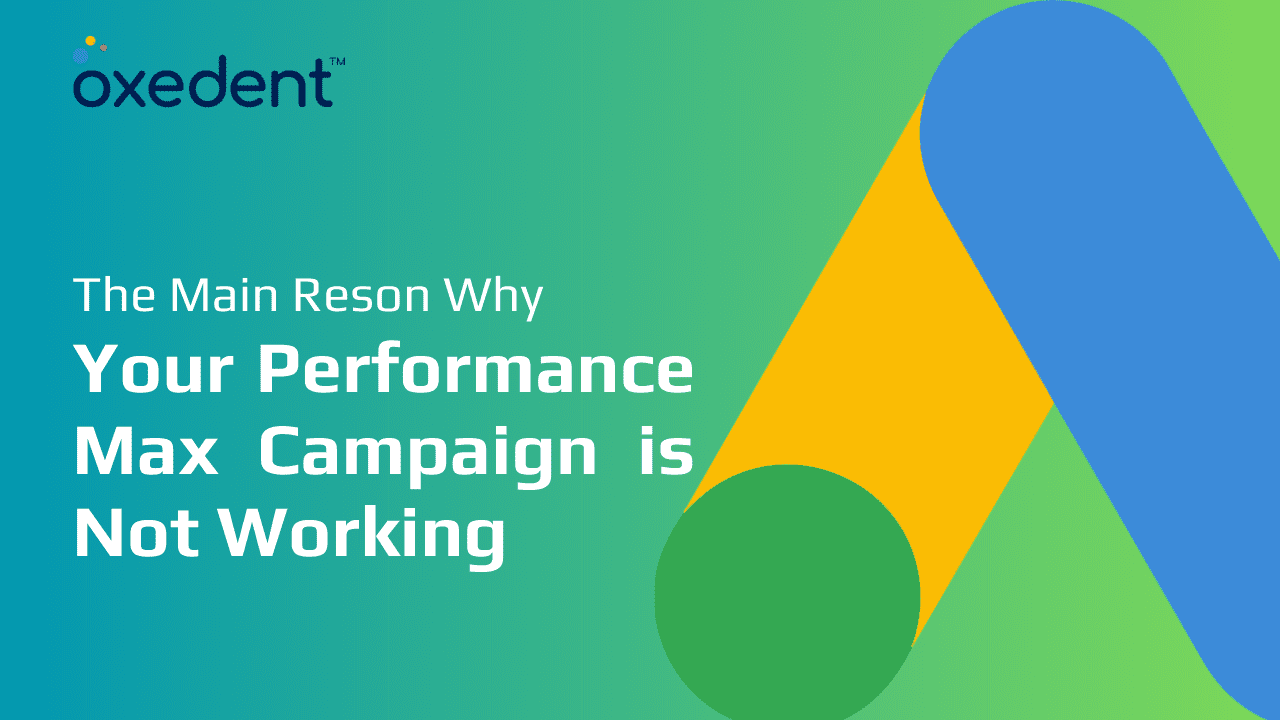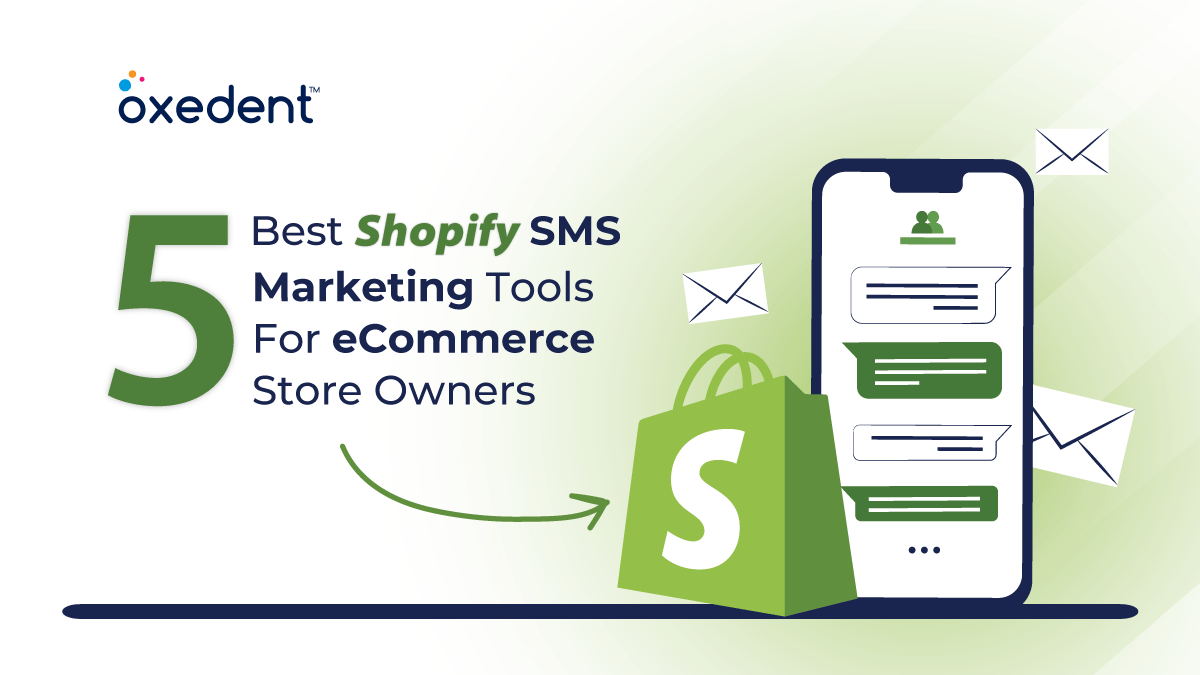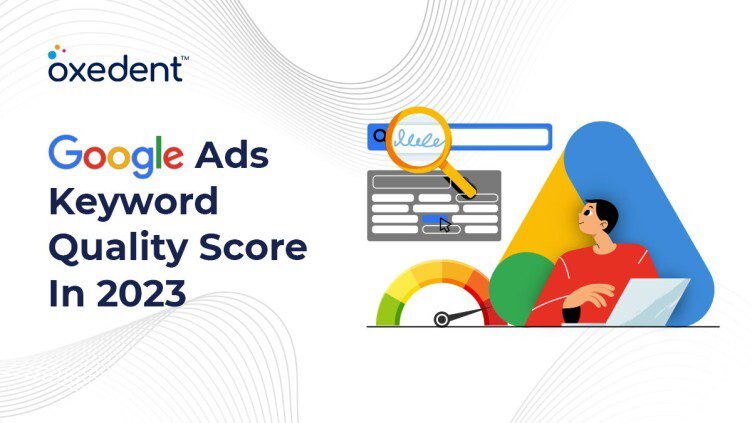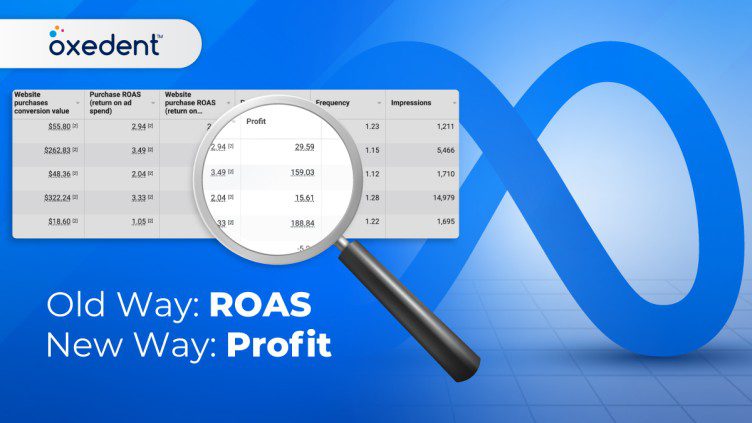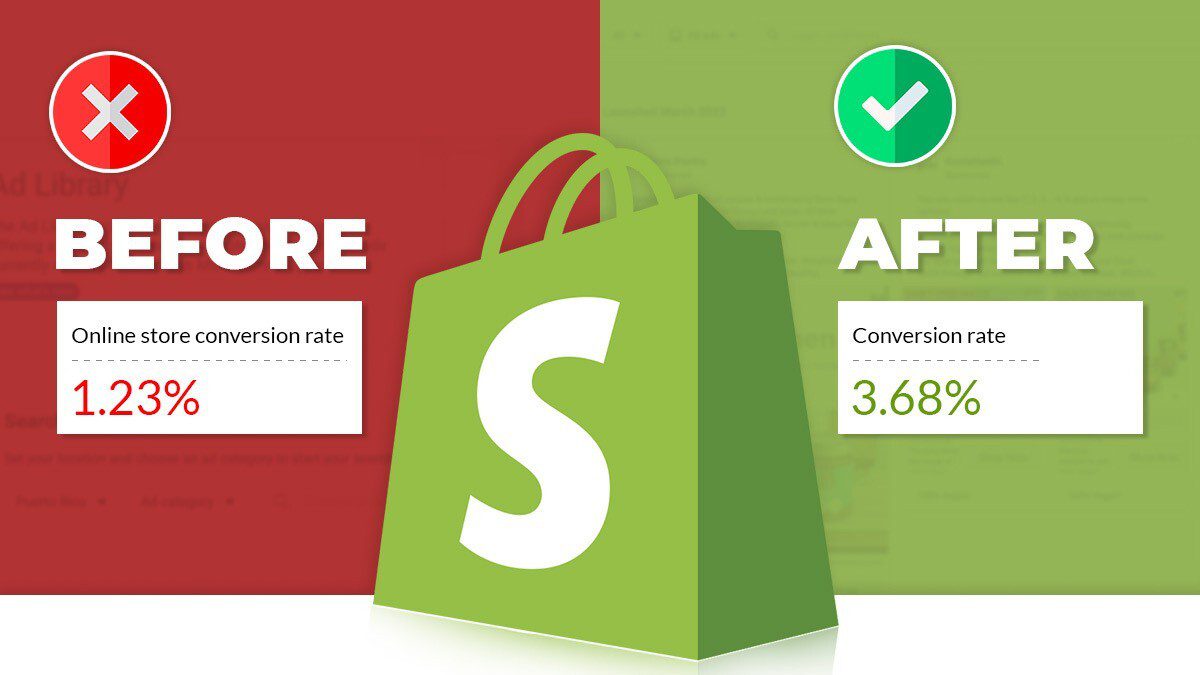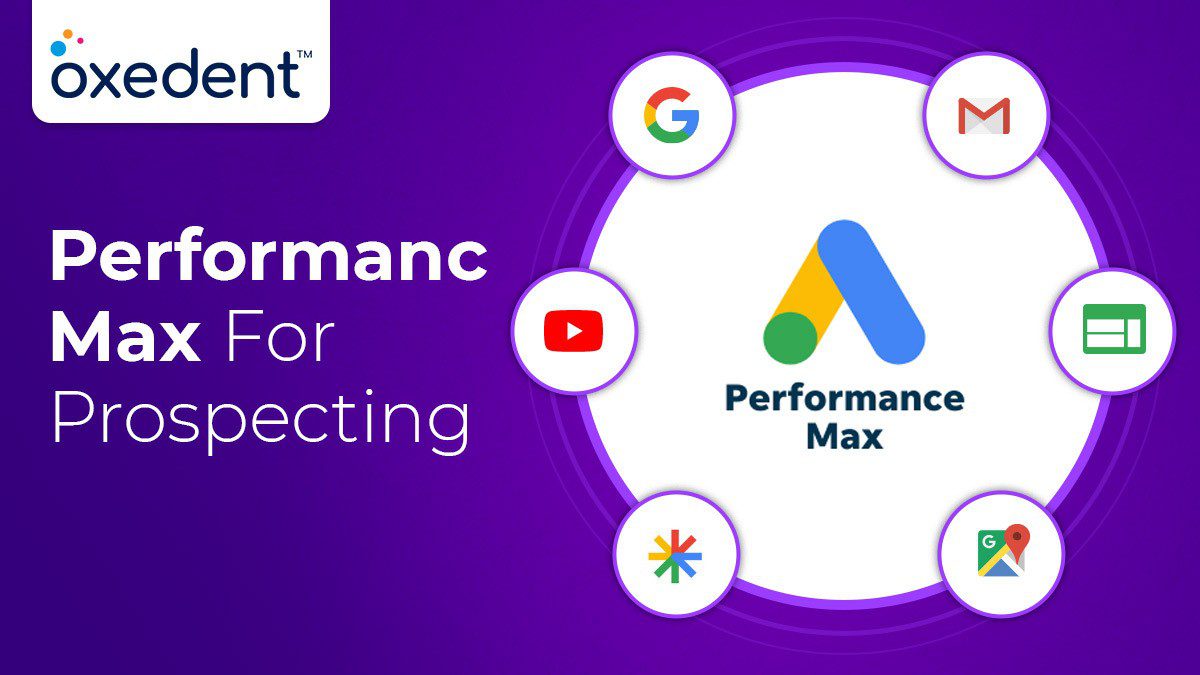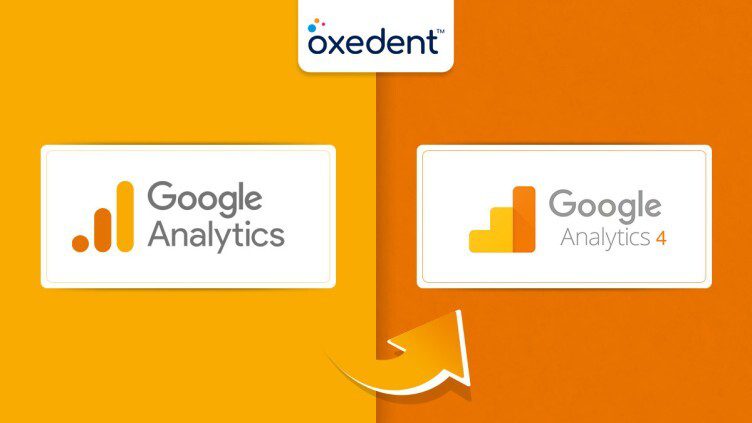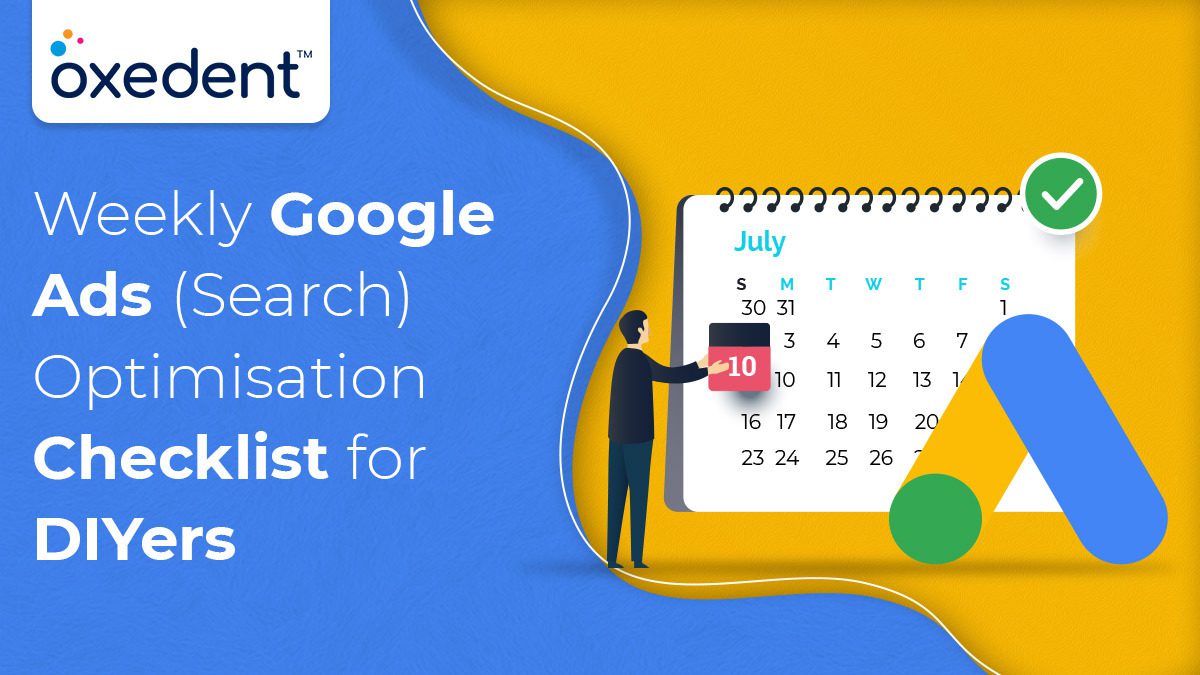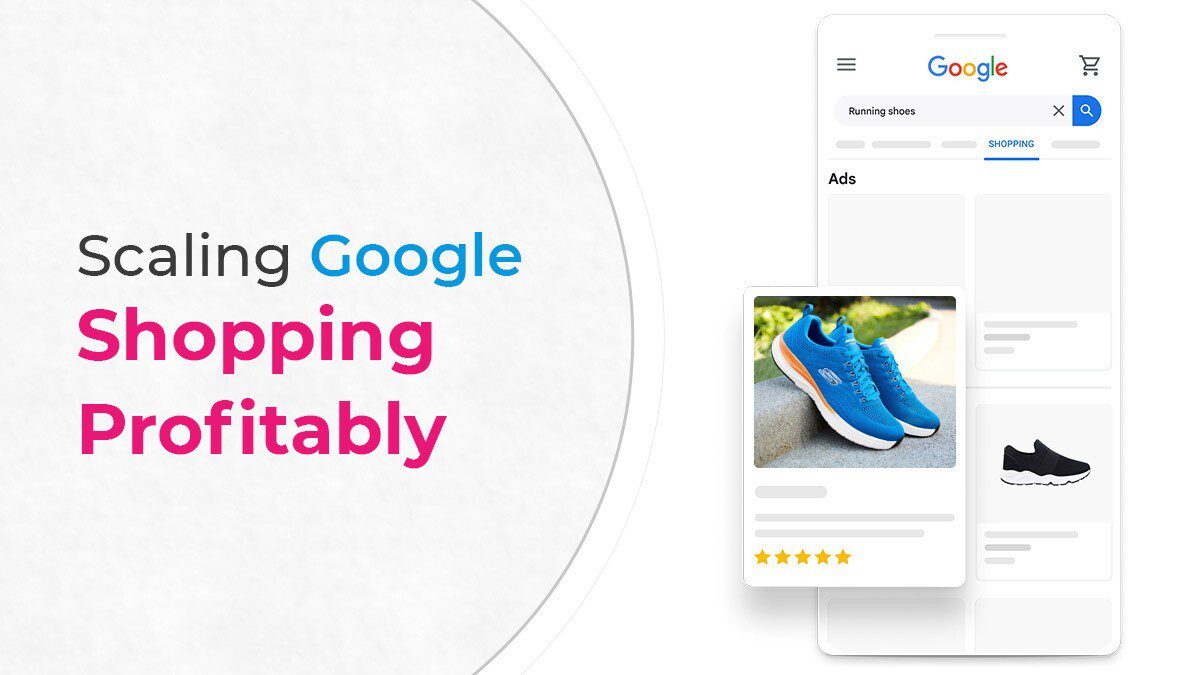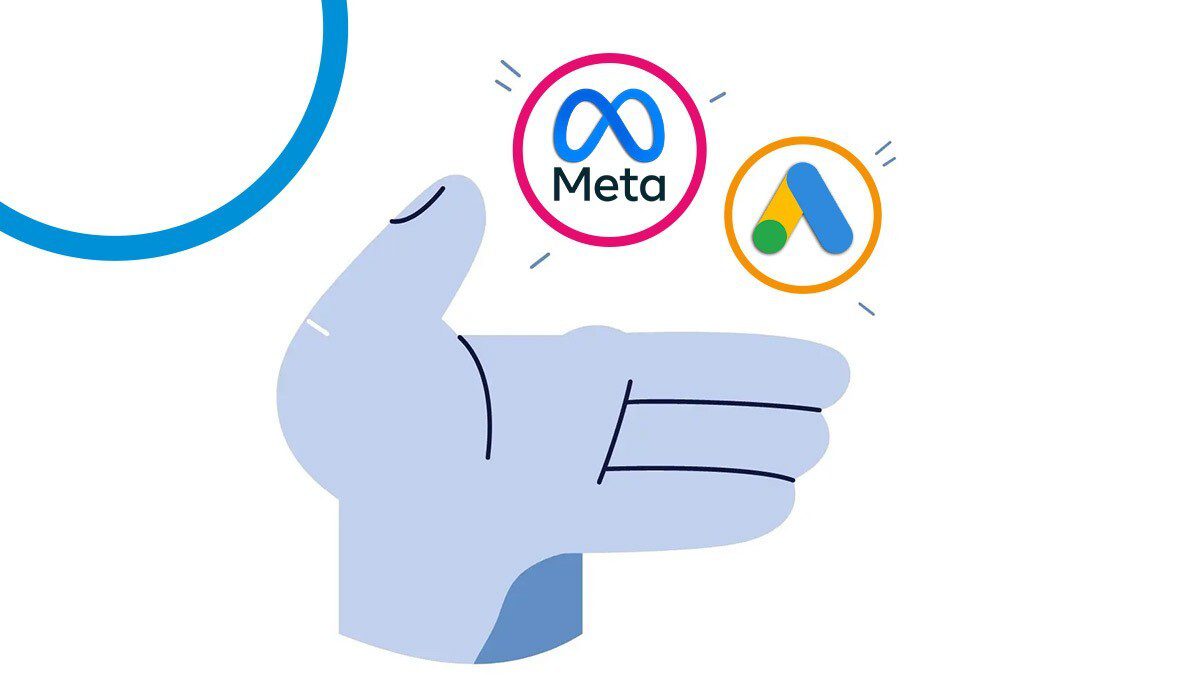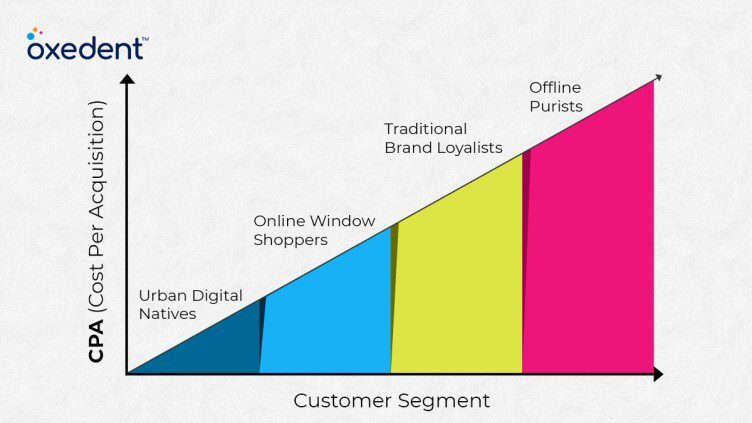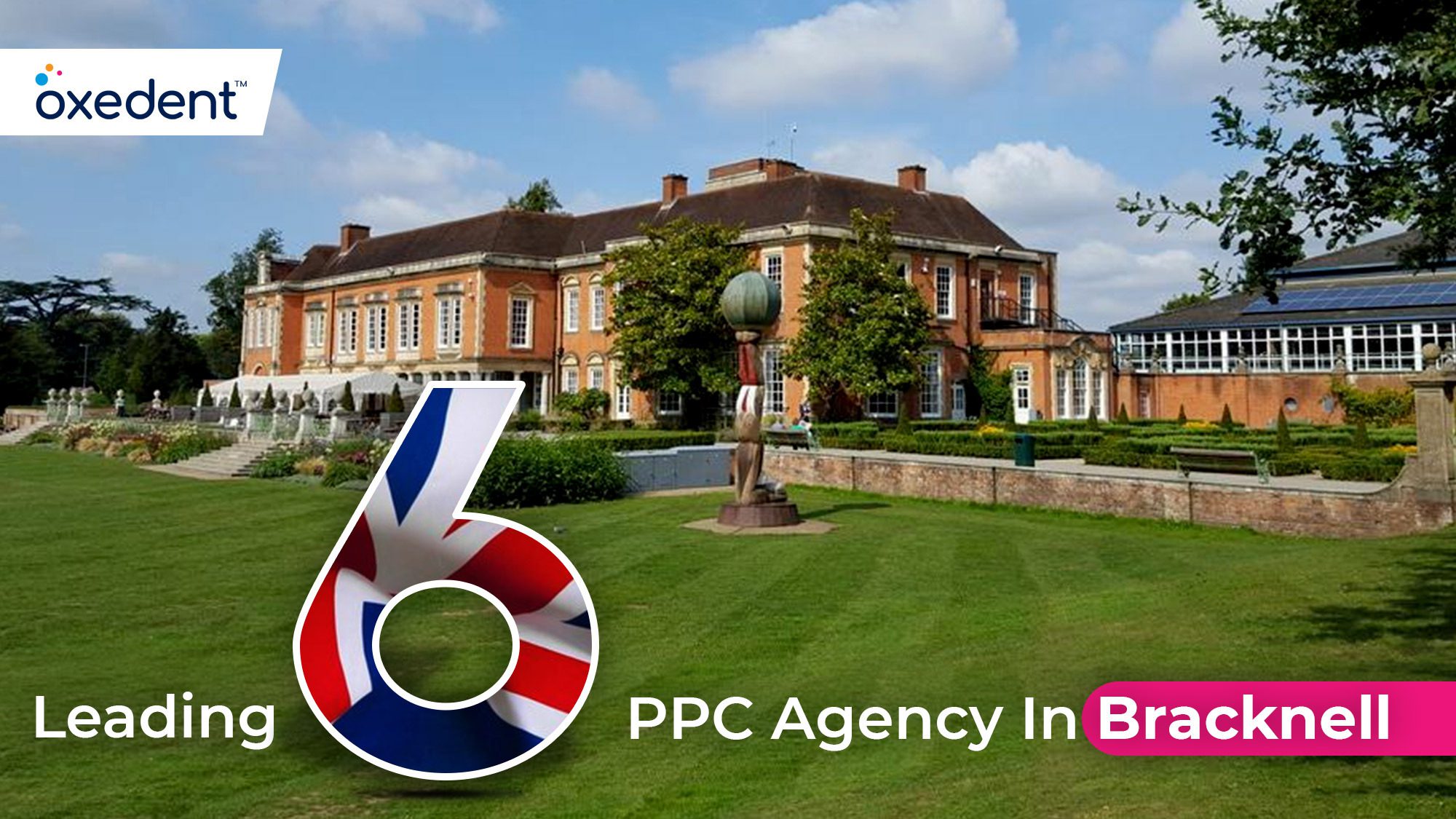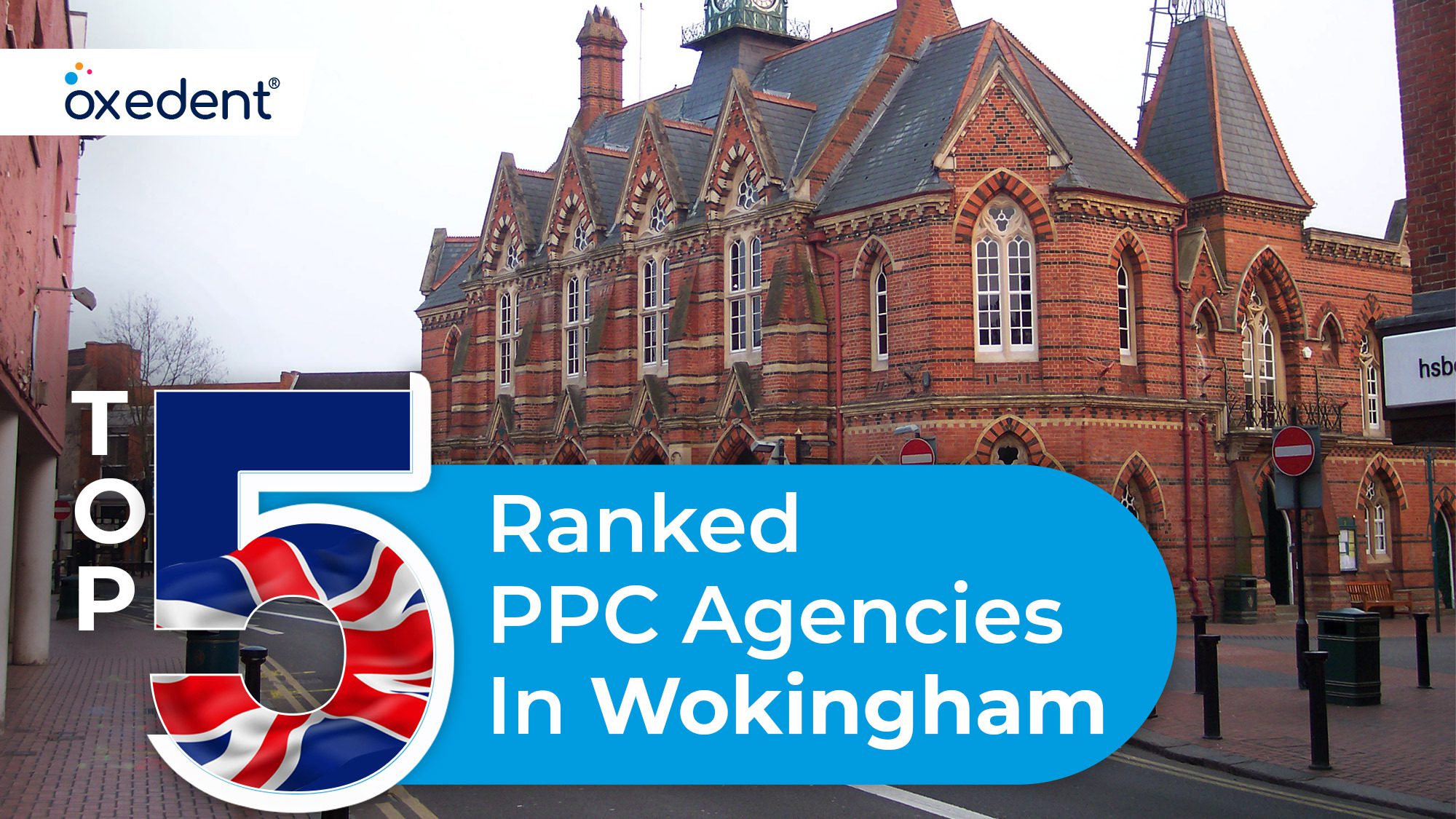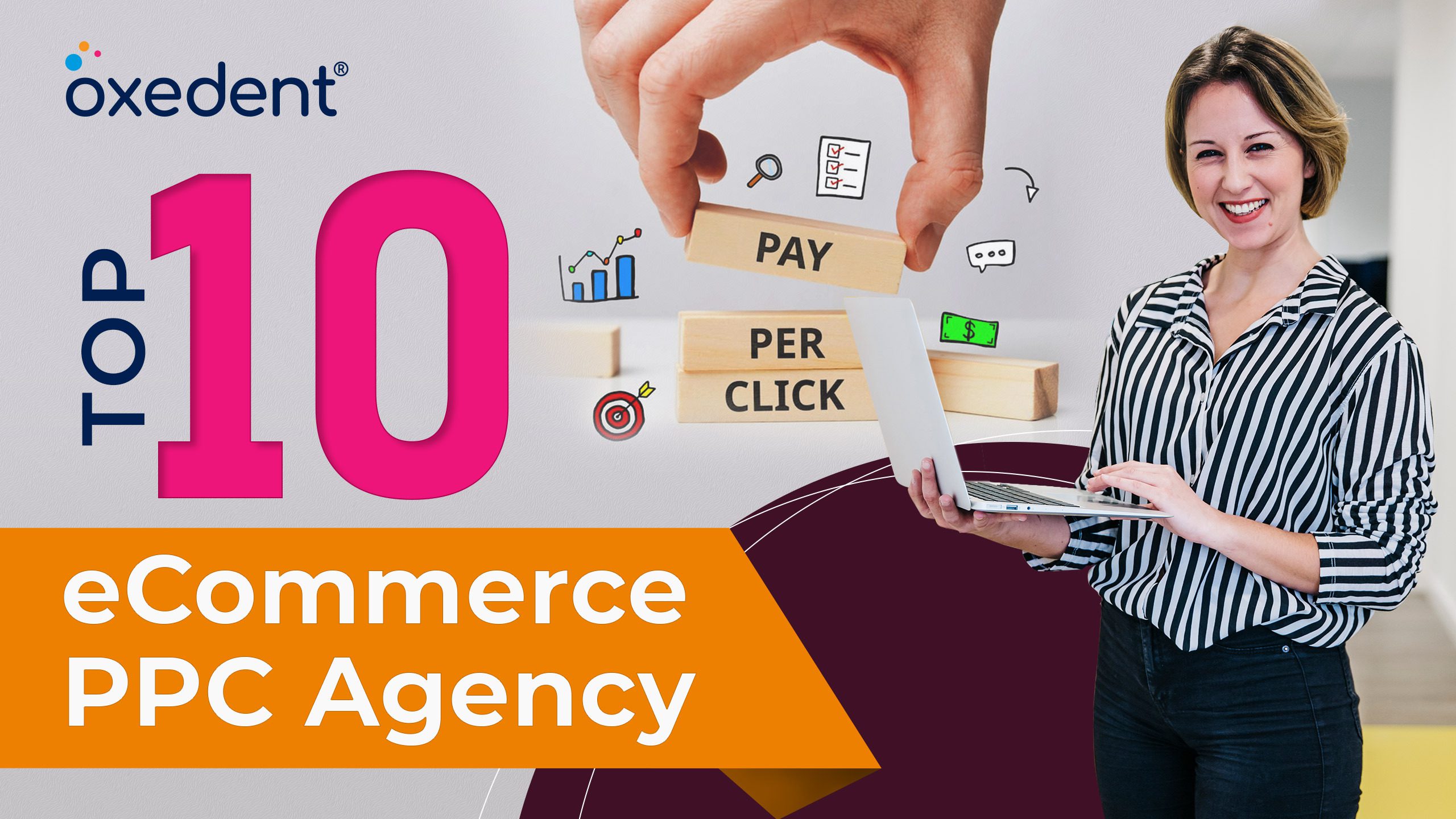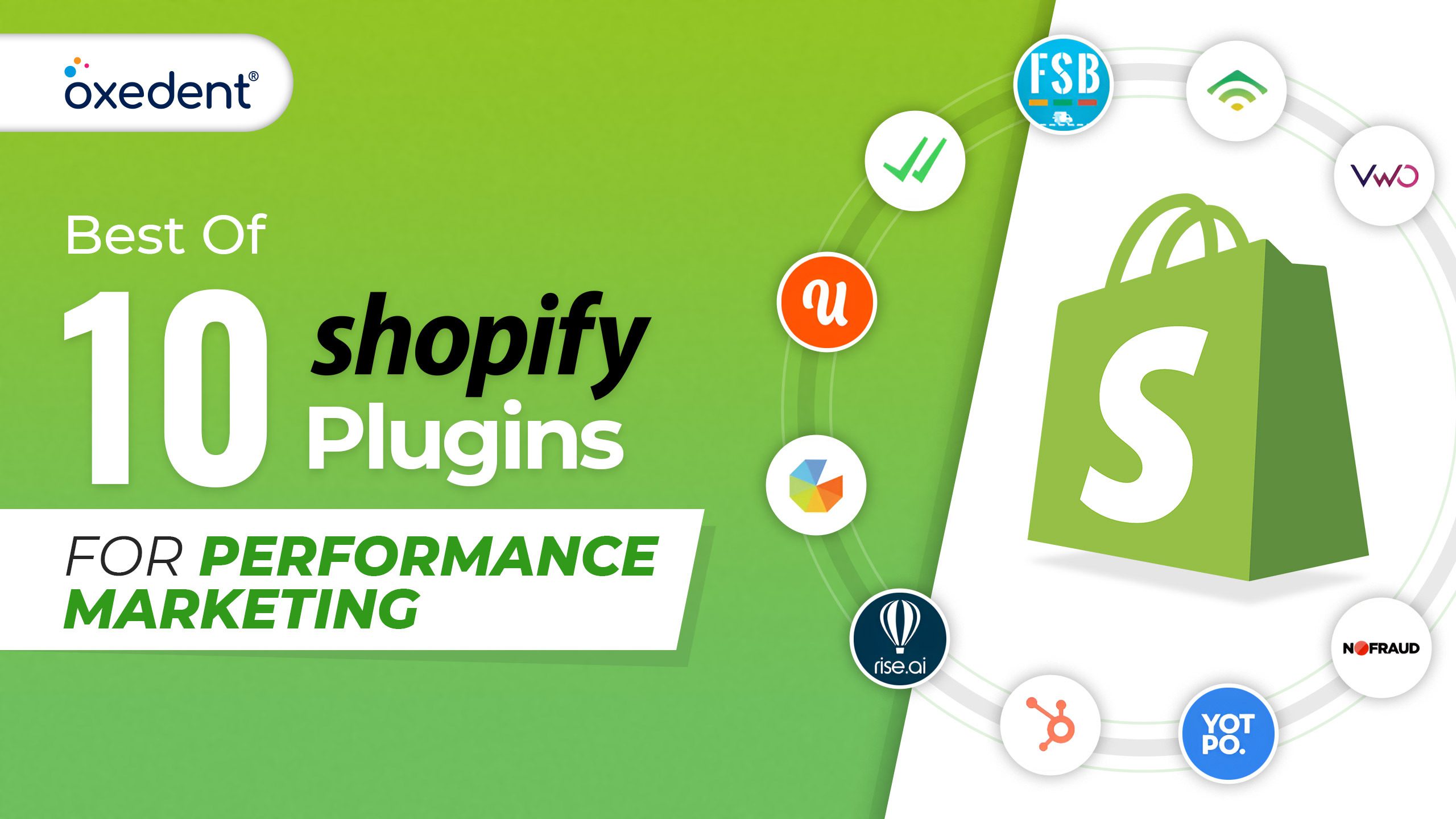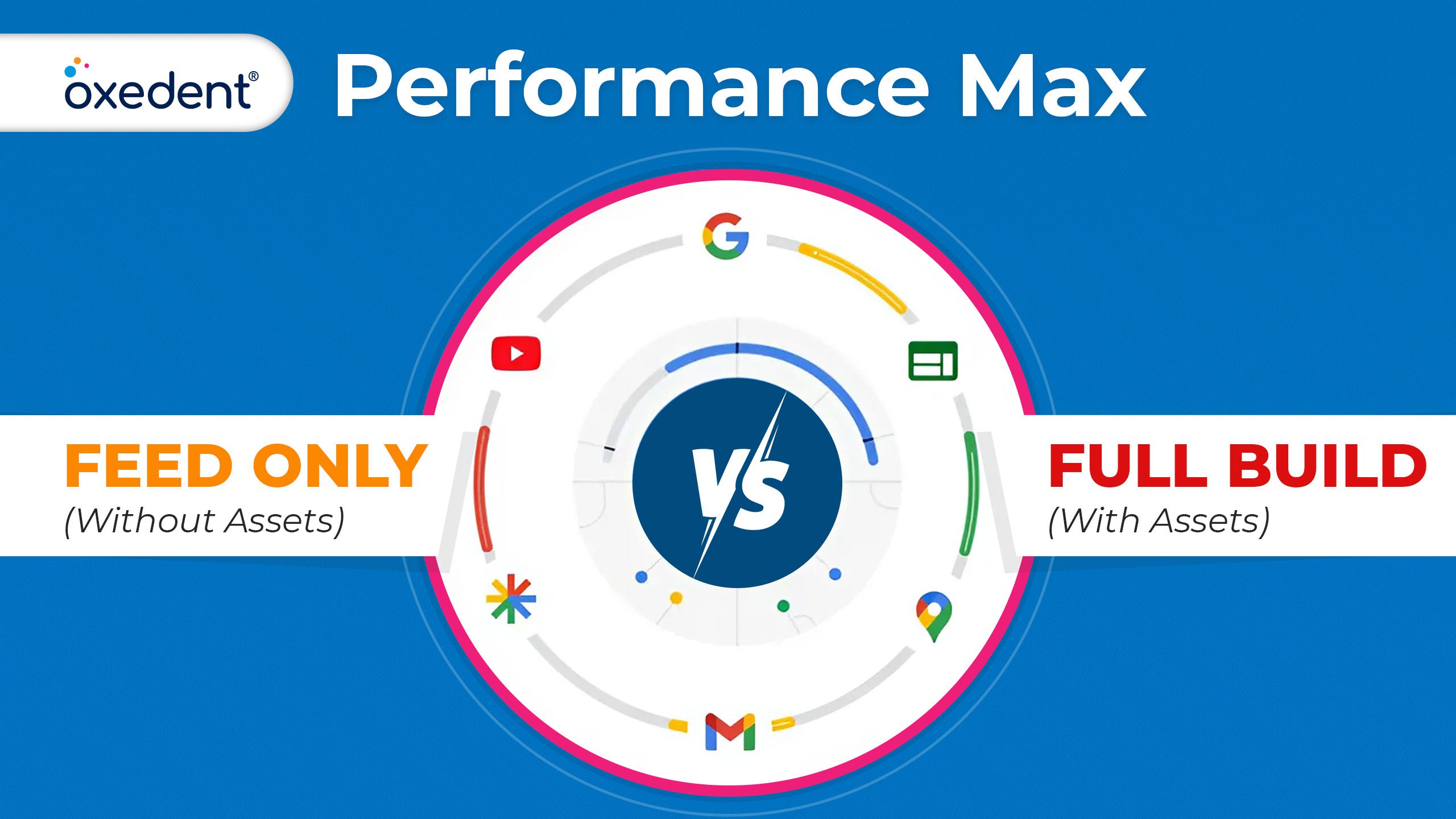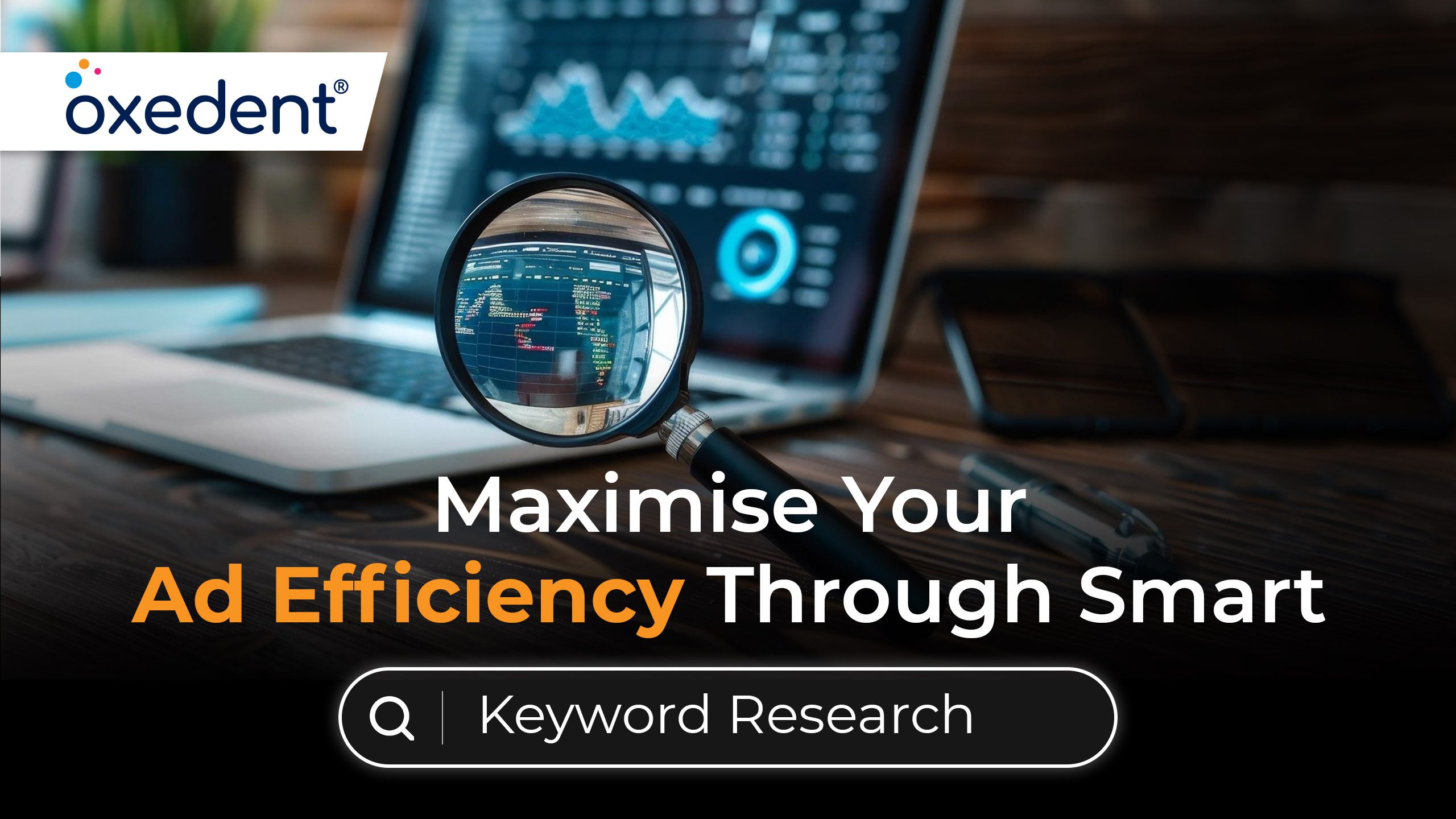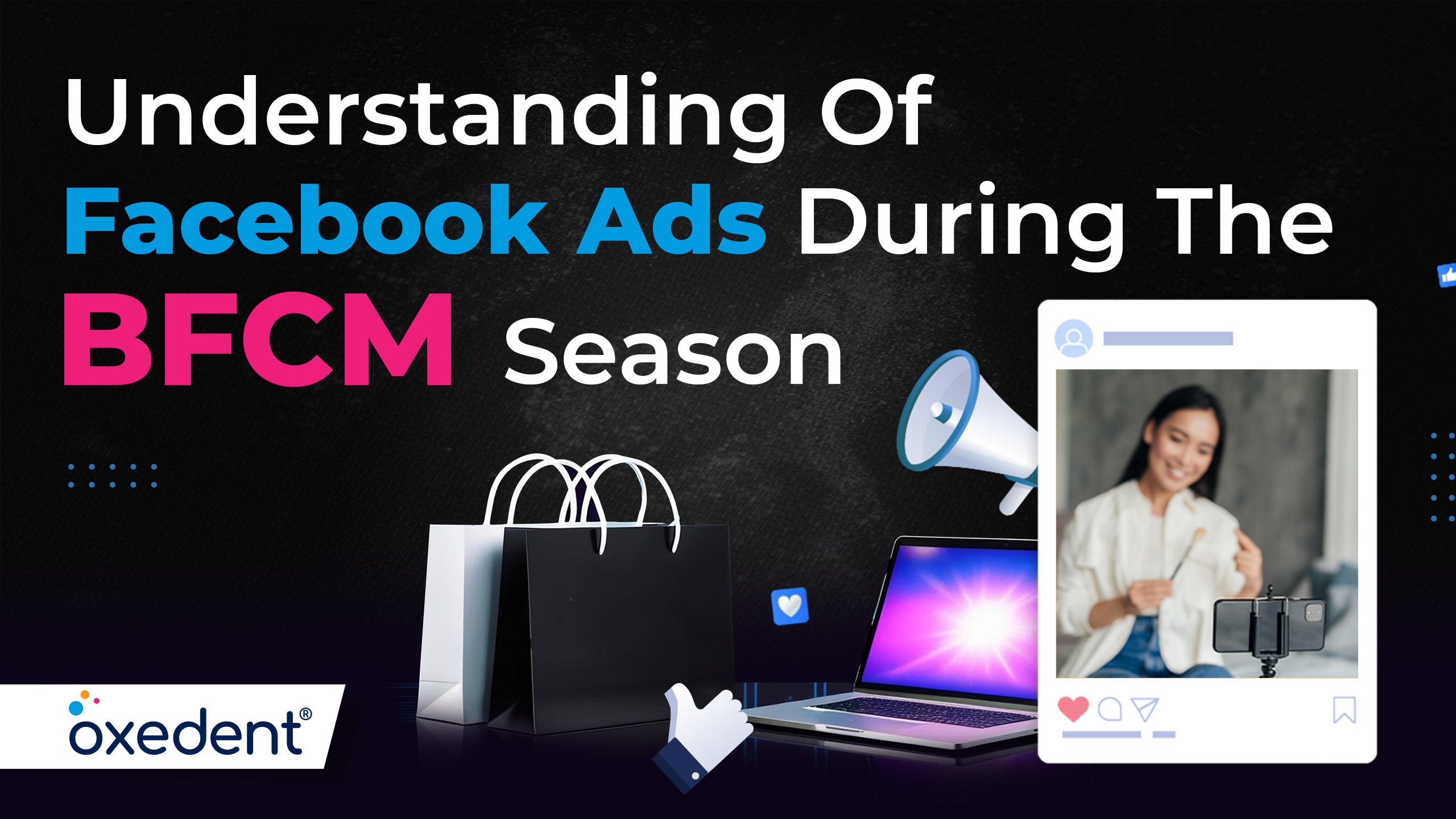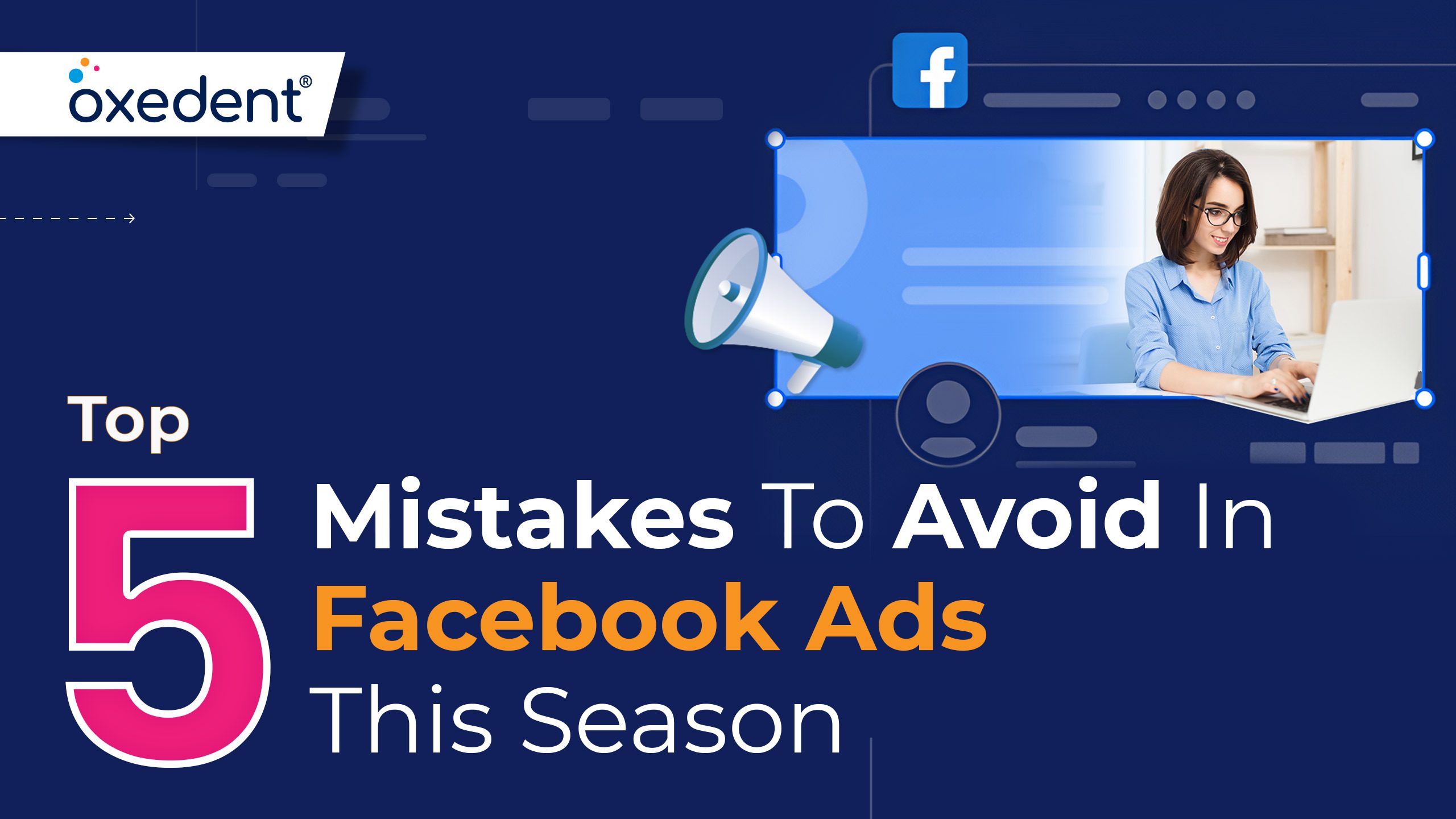Navigating The Attribution Maze: Google’s Updates And A Better Strategy For eCommerce
Updated on 14/07/2023 at 05:28 am
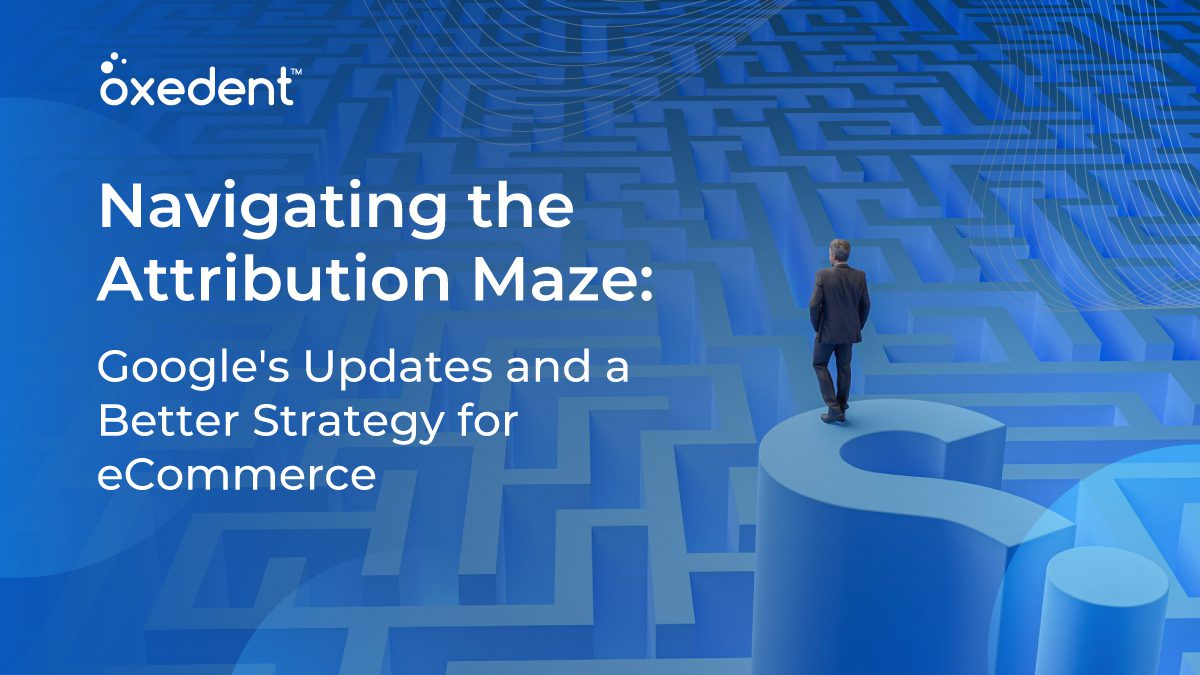
Strategy for eCommerce
Strategy for eCommerce: When it comes to PPC, attribution is one of the key features that marketers consider in their stack for their business niches, especially an excellent strategy for eCommerce businesses. However, before you dive into the details, it is immensely crucial to have an understanding of the term “Attribution.”
Let us explain the attribution model with an example.
In a football game, there are eleven players. Each denotes their contribution to help the team win. Consider one of the players who has scored a goal for their respective team.
Now, how will you distribute the credit? Will you give the credit to that particular player, or will you distribute it among all the players?
Here is where the confusion arises!
Similar are the attribution models namely – first-click, linear, time decay and position.
In the first-click attribution model, you provide the entire credit to the first channel for sale. Meaning the entire credit goes to the player who secured the goal.
With linear attribution, each touchpoint receives credit for the sale, which means credit goes to each eleven players of the football team.
Now coming to time-decay attribution, where the credit is divided to those touchpoints which were closer to the time of conversions. This signifies that, for the goal, among the eleven football players, those who passed the ball closer to the last man received the credits.
And, lastly, position-based attribution. When a sale happens, a maximum of 40% credit is received by the first and last touchpoints, while the remaining 20% goes to the middle interactions.
Putting it in simpler words, for that one goal, the last player who secured the goal and the player who first started the game receives maximum credit while the remaining eight players get the other credits.
Carrying forward this attribution process became very hectic and tedious for advertisers – up until recently.
With the birth of data-driven attribution, or DDA, introduced by Google, businesses got a push which is beyond the surface level.
Today, advertisers do not have to dig deep to analyse and distribute credits to the touchpoints. This is because data-driven attribution (DDA) is a powerful approach or can be said to be a compelling strategy for eCommerce businesses to measure the effectiveness of Pay-Per-Click (PPC) advertising campaigns.
In short, the AI feature is getting the work done seamlessly!
It allows advertisers to gain insights into the contributions of different touchpoints in the customer journey, enabling them to allocate credit and budget more accurately.
By leveraging advanced data analysis techniques, DDA provides a comprehensive understanding of how each interaction with a PPC ad impacts the conversion process.
Today let us ease your fears and set you on the path to learning more about data-driven attribution and how you make it a strategy for your eCommerce business.
Google’s Old Models Transition To Data-Driven Attribution
Previously, Google relied on a traditional attribution model known as “last-click attribution.” In this model, the credit for conversions was given solely to the last click that led to the conversion.
However, this approach often overlooked the influence of other touchpoints that contributed to the customer’s decision-making process.
Similarly, there were Linear, time Decay And Position based models with which distributing the credits was much more difficult or was done unevenly.
Recognising the limitations of last-click attribution, Google introduced the data-driven attribution model.
This new approach uses machine learning algorithms and advanced data analysis to evaluate the impact of each touchpoint along the customer journey.
By analysing vast amounts of data, including click and conversion data from various channels, Google’s algorithms can assign credit accurately to the touchpoints that influenced the customer’s decision.
Today, it is considered to be the best strategy for eCommerce businesses, as with data-driven attribution, the entire process of giving credits has become hassle-free.
Detailed Information About Data-Driven Attribution
Data-driven attribution is a powerful strategy for eCommerce advertisers to gain deeper insights into the customer journey and accurately measure the impact of their advertising efforts.
Unlike traditional attribution models that rely on simplistic rules or give credit solely to the last click, data-driven attribution takes a different approach.
It leverages advanced data analysis techniques and machine learning algorithms to assess the contributions of each touchpoint along the customer’s path to purchase.
By analysing vast amounts of data, including click and conversion data from various channels, data-driven attribution models provide a comprehensive understanding of how different interactions with PPC ads influence the conversion process.
This approach allows eCommerce advertisers to allocate credit accurately to the touchpoints that significantly impact driving conversions. It enables them to optimise their PPC strategies, allocate their budget more effectively, and make data-informed decisions that lead to improved ROI.
It is a much more helpful strategy for eCommerce businesses because it is a great default option provided in both Google Ads and Google Analytics.
Utilising this method, advertisers can now spot new trends and identify how customers respond and engage with the content and campaigns.
In essence, data-driven attribution empowers eCommerce advertisers with actionable insights to refine their advertising strategies and maximise the effectiveness of their campaigns.
As previously mentioned, data-driven attribution is used in both Google Ads and Google Analytics. It would help if you to know its functionalities and whereabouts respectively.
Scroll down below to get a deeper insight.
Data-Driven Attribution In Google Ads
With Google advertising’s data-driven attribution function, you can assign conversion credit depending on how users interact with your advertising.
It would be best to consider it a good strategy for eCommerce businesses as it examines all of the information in your ad account to identify the keywords, advertising, and campaigns with the most consequential financial impact.
This strategy for eCommerce advertisers makes the process easy and less time-consuming.
Data-driven attribution examines all interactions and engagements throughout your paid history to understand better how your ad campaigns function to promote sales and conversions.
Moreover, this personalised data-driven model will enable you to:
- Learn which keywords, advertisements, ad groups, and campaigns result in the highest conversions.
- Using this performance information, adjust your bids.
- Select the appropriate attribution model for your company.
When data-driven attribution is implemented in your Google Ads reporting, you can identify which advertisements have the most influential impact on your company’s objectives.
Additionally, employ an automated bid strategy for your eCommerce business.
It will increase conversions, and your bidding will make use of this crucial data to assist in increasing conversions.
Advantages Of Data-Driven Attribution In Google Ads
The prime advantage of data-driven attribution for advertisers is that they can now study how customers interact with their brands.
Based on that, they can have a graph of the entire customer journey, which helps them analyse how each touchpoint contributes to conversions. Apart from this, a marketing team can also be beneficial for other few aspects, which are:
- Holistic Insights
Data-driven attribution can be considered a prolific strategy for eCommerce businesses as it provides a holistic view of the customer journey. It considers all touchpoints involved in the conversion process.
Moreover, this AI tool offers a deeper understanding of the customer’s interactions with ads and how they contribute to conversions, enabling advertisers to identify effective strategies and allocate budgets more efficiently.
- Accurate Credit Allocation
Unlike traditional models that rely on simplistic rules, an AI strategy for eCommerce brands is much more helpful.
This attribution allocates credit based on the actual impact of each touchpoint. This ensures a fair distribution of credit, properly recognising all the touchpoints that influenced the customer’s decision.
Advertisers can accurately measure the performance of their ads and campaigns, allowing them to optimise their strategies effectively.
- Enhanced Optimisation
With data-driven attribution, advertisers gain useful insights into which touchpoints are most efficacious in driving conversions.
This information helps them identify opportunities for optimisation and make data-backed decisions to improve their eCommerce strategies.
Advertisers can allocate their resources effectively and achieve better results by putting effort into this strategy for eCommerce niches and focusing on the touchpoints that contribute the most.
Disadvantages Of Data-Driven Attribution In Google Ads
- Data Requirements
Along with considering data-driven attribution as a pro strategy for eCommerce, it is crucial to understand that data-driven attribution relies heavily on sufficient data volume and quality.
Advertisers need a significant amount of historical conversion data to generate accurate attribution models.
New advertisers or those with limited data may only benefit partially from this approach.
- Complexity And Implementation
Implementing data-driven attribution in your strategy for eCommerce business requires technical expertise and a proper set-up of tracking and measurement systems.
Advertisers need to ensure that they have the necessary resources and knowledge to implement and maintain the attribution model effectively.
- Attribution Lag
Data-driven attribution models may have a lag in providing insights and attribution results.
It is due to the time required for data analysis.
Advertisers must be patient while applying this strategy in eCommerce businesses and wait for the models to process and generate accurate attribution information.
Data Requirements For Data-Driven Attribution Model
DDA is not accessible to all advertisers as a default, as it has specific criteria that are required to be fulfilled by the brand. Considering a general thumb rule, accessing DDA, it requires the following:
- Conversion actions with 300 conversions in 30 days
- Minimum of 3000 ad interactions in Google ads network in 30 days
While applying this strategy in eCommerce businesses, keep a note that if the ad interaction stoops down to 2000 and conversions reduce to below 200 within 30 days, you will not be able to continue with this model.
Having consistent low data will automatically switch your data-driven attribution to the Last-Click attribution model.
Setting Up Data-Driven Attribution Model For Better Conversions In Google Ads
If your business is eligible to use the data-driven attribution model, then here are steps you must follow that will lead you towards better results and conversions for your business niche.
The Set-up Process
- Sign up for your Google Ads account.
- After entering your ads account, click the tools icon and choose “Conversions.”
- Next, choose the conversion action you wish to edit.
- Following that, click on “Edit settings.”
- From the drop-down box, select the Attribution model, then select “Data-Driven” and hit the “Done” button.
Thus, the set-up it done for your business. You will start rolling with your data from here and hop into the attribution process automatically.
Data-Driven Attribution In Google Analytics 4
The data-driven attribution model takes a sophisticated approach in GA4 to determine the impact of the marketing touchpoints based on their contribution to conversions.
As a part of your strategy in eCommerce businesses, it utilises machine learning algorithms to analyse customer journey data.
This includes data from Shopping Ads, YouTube Ads, content and Display Ads and determines the most effective marketing channels and their interactions.
By considering the entire conversion path, data-driven attribution aims to provide a more accurate understanding of how different touchpoints influence customer behaviour and contribute to conversions.
Advantages Of Data-Driven Attribution In Google Analytics 4
Given the dynamic nature of the ads platforms, data-driven in GA4 has more actionable insights in the marketing campaigns. It prominently highlights the customer’s navigation from the ads towards conversions.
However, before considering it as a strategy in eCommerce businesses, you must know how it can be an advantageous tool in your marketing plan.
- Customised Allocation
Unlike other attribution models you have considered in your strategy for eCommerce businesses that rely on predefined rules, data-driven attribution creates a customised attribution model specific to each business based on their unique data.
This ensures that credit is allocated accurately and optimally, leading to more informed decision-making.
- Adaptability To Changes
As customer behaviour and marketing landscapes evolve, data-driven attribution adapts to these changes.
It continually analyses data and adjusts the attribution weights for different touchpoints, allowing eCommerce businesses to stay agile and respond effectively to market shifts.
- Improved ROI
By accurately attributing conversions to their respective touchpoints, data-driven attribution enables eCommerce businesses to allocate their marketing budget more effectively.
Applying this strategy to your eCommerce business niche will help identify the channels and interactions that generate the highest return on investment (ROI).
This allows businesses to optimise their spending and drive better results.
Disadvantages Of Data-Driven Attribution In Google Analytics 4
Owing to the increased hype of the data-driven attribution in GA4, their are several limitations that you must be aware of. They are as follows:
- Data Requirements
Data-driven attribution heavily relies on substantial historical data to generate accurate insights.
Businesses with limited data or those starting from scratch may only benefit fully from this model once they accumulate sufficient data.
- Complexity
The methodology behind data-driven attribution involves complex algorithms and statistical analysis.
Understanding and implementing this model as a strategy for eCommerce business may require technical expertise or additional resources. Thus, it makes it challenging for some eCommerce businesses to leverage their full potential at a go.
- Interpretation Challenges
While this attribution strategy for eCommerce genres provides valuable insights, interpreting and translating these insights into actionable strategies can be a complex task.
It requires a deep understanding of the analytics data and the ability to extract meaningful recommendations from it.
Data Requirements For Data-Driven Attribution Model In GA4
In order to have access to the GA4 data-driven attribution option, a business or a brand must have all relevant conversion data and information in the Google account.
To state it precisely, you will need the following:
- A minimum of 600 – 1000 conversions each month from all conversion channels.
- You must include tracking codes, pixels, and tags on all the channels to track data.
- All the previous data from the past 28 days must be mentioned on your Google account for GA4 analysis.
Setting Up Data-Driven Attribution Model In Google Analytics 4
Before you can reap the results by implementing the strategy for eCommerce platforms with the data-driven attribution in Google Analytics 4, firstly, you must know how to set up the platform to receive the benefits.
The Set-up Process
- Begin with signing into your GA4 account.
- Now, go to the option you want to set up with data-driven attribution and click “Admin.”
- Next, jump to the “Attribution Settings.”
- Following that, ensure to make the “Data-Driven Attribution” as a default model. However, you can also choose other options like the first click, last click and linear.
- Lastly, set up the conversion window, which is an attribution window of time frame for giving credits to the touchpoints converting to conversions. You can choose 30 days for acquisition conversion and 90 days for other conversion channels.
By following these steps accurately, you are all set to go with utilising the strategy for eCommerce businesses. It is a note to keep in mind that your account might not be eligible for using data-driven attribution in GA4 if sufficient and accurate data is not provided.
What Are The Previous Other Attribution Models?
Before Google introduced the data-driven attribution model, five attribution models were in significant play and were considered as the core strategy for eCommerce businesses.
Scroll down to know more.
- Last Click Attribution
This model attributes 100% of the conversion credit to the last touchpoint that the customer interacted with before completing a conversion.
It assigns all the credit to the final click, neglecting the contributions of previous touchpoints.
Most advertisers use this attribution model as a strategy for eCommerce businesses to track their success rate for online advertisements.
- First Click Attribution
In contrast to the last click, this model contributes 100% of the conversion credit to the first touchpoint that initiated the customer’s journey. It prioritises the initial touchpoint and overlooks subsequent interactions.
First-Click attribution is used as a strategy for eCommerce advertisements to measure the effectiveness of marketing campaigns.
Here, they keep track of the new visitors who shows interest in your business.
- Linear Attribution
The linear model distributes equal credit across all touchpoints in the customer journey. It assigns an equal percentage of the conversion credit to each interaction, acknowledging the contribution of all touchpoints equally.
Advertisers used to apply this attribution model for their Google ads as it provides a macro-perspective of all the marketing channels.
Additionally, with this strategy for eCommerce business, one can retain data on which marketing channel creates the most impact on brand awareness.
- Time Decay Attribution
This model gives more weight to touchpoints that occurred closer in time to the conversion. It assumes that the touchpoints closer to the conversion have a more effective influence, thus assigning them a higher proportion of the conversion credit.
Earlier touchpoints receive a diminishing share of the credit.
In other words, marketers considered using this model as a strategy for eCommerce as it can measure long-scale cycles.
- Position-Based Attribution
Also known as U-shaped attribution, this model assigns 40% of the conversion credit to both the first and last touchpoints.
The remaining 20% is distributed among the intermediate touchpoints.
It emphasises the role of the touchpoints at the beginning and end of the customer journey while recognising the contributions of touchpoints in between.
Key Takeaways
Data-driven attribution is a crucial and potent tool in the industry of advertising. It plays a significant role in optimising marketing campaigns and boosting their ROI.
Technology is taking pace each and every day, and a data-driven attribution model will soon become the core essentiality for advertisers. Having hands over it sooner will keep you on the profitable part of the court.
You might have to make detailed changes in your ad campaigns, but the outcome with this model will grow more substantial and productive.
If you are someone who strives to grow and acknowledge new technologies, contact Oxedent – our experts will set you on the right path for profitable results.
FAQs
What is data-driven attribution in Google Ads?
It helps businesses understand the effectiveness of different channels and interactions in driving customer conversions.
How does data-driven attribution differ from traditional attribution models?
On the other hand, data-driven attribution uses statistical analysis and machine learning to analyse vast amounts of data and determine the contribution of each touchpoint based on its actual influence on conversions.
What are the advantages of using data-driven attribution models?
What data is required for data-driven attribution models?
This data should ideally cover a significant period of time and include information about various marketing channels, campaigns, and customer behaviour.
How can businesses implement data-driven attribution models?
Businesses need to ensure they have the necessary data infrastructure, technical expertise, and resources to collect and analyse the required data.
This article was written by Biplab Poddar
The effort vastly improved the company’s planning and execution functions, created and implemented a new stock policy that accounted for specific SKUs and key variables, streamlined the order preparation process and reduced distribution transport times. ... Read More
Many businesses, large and small, have a huge source of great ideas that can help them improve, innovate, and grow, and yet so many of these companies never think of using this amazing corporate asset. What is this highly valuable asset? Its own people. ... Read More
Google shopping is a kind of robot that can do all it all for your search ads. No more spending ... Read More
You might have been wondering how some of the e-commerce shops get overnight success! They have uncountable social media followers ... Read More
There is an immense competition on Google. Google might be involved in a number of ventures but it is itself ... Read More
Google’s search network and Facebook’s news feeds are the best places to reach out to your prospects. Facebook has about ... Read More
Says Morgan Fraud, the author of The Thinking Corporation, “Given that we are all capable of contributing new ideas, the question becomes how do you successfully generate, capture, process and implement ideas?” Becoming an organization capable of answering this question can benefit in a number of ways ... Read More
The three most important metrics for pay per click (PPC) are conversions, conversion rates, and last but not the least ... Read More
Do you know what are SKAGs are? Yes, SKAGs is what today’s generation nowadays call single keyword ad groups. The ... Read More
Google Ads Freelancers Google ads freelancers: It may seem attractive to keep an in-house team for managing your Google Ads ... Read More
PPC Agency or Freelance PPC PPC Agency or Freelance PPC: When it comes to running a successful PPC campaign, businesses ... Read More
Running a digital agency, growing and profiting from it is a bloody tough job! You can’t deny it. Here is ... Read More
Google Ad Tools | PPC Tools Google Ad Tools | PPC Tools: Over the last couple of years we’ve been ... Read More
A good landing page is important for any PPC strategy and the primary part begins with users clicking on your ... Read More
There has been a constant change in Google Ads which means that the PPC marketers also need to change their ... Read More
Google Ads Conversion Google Ads Conversion: We’ve been evaluating and optimizing Google AdWords campaigns for 4 plus years now. We ... Read More
Your Google Ads sucks, right? You may have come to this conclusion after so many weeks of using pay per ... Read More
In the recently-concluded Google Marketing Livestream 2021, Google announced Performance Max – a brand new way to use automation to ... Read More
Looking for the best digital marketing company in Kolkata? You have come across the right article to help you shortlist ... Read More
White Label PPC White Label PPC: White Label refers to the act of an agency offering its services to another, ... Read More
Today we talk about how to carry out Shopify product page optimization to get better sales. We also speak about ... Read More
Google Ads Shopify | Shopify Google Ads Google Ads Shopify | Shopify Google Ads: Mastering Google Ads for Shopify and ... Read More
Best Shopify Apps Best Shopify Apps: Hello, if you are running ecommerce website on Shopify and wants to increase sales ... Read More
Setup Google Ads Setup Google Ads: If you have a product or service, the first thing necessity that pops up ... Read More
Oxedent, a Kolkata based eCommerce marketing agency, has renewed the mandate for performance marketing for Foroworld for 2022/23. Foroworld, one ... Read More
Oxedent, a Kolkata based eCommerce marketing agency, has renewed the mandate for performance marketing for Snackstar for 2022/23. Snackstar is ... Read More
Oxedent, a Kolkata based eCommerce marketing agency, has renewed the mandate for performance marketing for PK Beau for 2022/23. PK.BEAU ... Read More
Every business dreams of profits from the very moment it starts investing in Google ads, but the process is more ... Read More
You would not like to partner with Google Ads Agencies that promise results but remain unsuccessful in delivering their words. ... Read More
Google Ads Services – Best Google AdWords Agency In India: Google Ads Services: Google AdWords drives the potential to deliver ... Read More
PPC Agencies in UK PPC Agencies in UK: Throwing ads and seeing the best possible results is probably not a ... Read More
Hiring a PPC Agency Hiring a PPC Agency: ‘Two heads are better than one’, right? If you are hiring a ... Read More
List of AI Writing Generator | AI Text Generator | AI Writer tools AI Writing Generator | AI Text Generator ... Read More
Landing Page Builders Landing Page Builders: There are a number of different landing page builders available on the market today. ... Read More
How to add Klarna to Shopify How to add Klarna to Shopify: You’ve done your research and decided that Klarna ... Read More
PushOwl Web Push Notifications for your Shopify Store PushOwl Web Push Notifications: If you’re looking for a way to send ... Read More
Klaviyo is a powerful marketing tool that can help you take your business to the next level. With its advanced ... Read More
Shopify Shopify is a platform for businesses of all sizes to create an online store. It offers users a customizable ... Read More
Set up Google Analytics 4 (GA4) on Shopify Set up Google Analytics 4 (GA4) on Shopify: Google Analytics (GA4) is ... Read More
Setting up Google Sales Channel for your Shopify Store Setting up Google Sales Channel for your Shopify Store: Have you ... Read More
Setting up Facebook Sales Channel for your Shopify Store Setting up Facebook Sales Channel for your Shopify Store: Are you ... Read More
How to remove “powered by Shopify” on Shopify store How to remove “powered by Shopify” on your Shopify store: One ... Read More
How to migrate to Shopify Migrate to Shopify: Are you looking to migrate your ecommerce store to Shopify? If so, ... Read More
WooCommerce Ads Plugins WooCommerce Ads Plugins: If you’re running an eCommerce store on Woocommerce, then you’ve probably heard of the ... Read More
How to build email list that bring sales How to build email list: Email marketing has always been one of ... Read More
Marketing Agency Reporting Tools Marketing Agency Reporting Tools: If you run a marketing agency, data is your best friend and ... Read More
Google Ads PPC Management Fees in 2024: If you’re looking to launch a successful PPC advertising campaign, one of the ... Read More
Kolkata, West Bengal, India: Oxedent, a leading eCommerce performance marketing agency, today announced that it has experienced a cyberattack on ... Read More
ROAS vs. POAS ROAS vs. POAS: Is ROAS (Return On Ad Spend) not the best metric for your eCommerce business? ... Read More
In the e-commerce game, pricing is everything – you need to take a call on whether you keep it low ... Read More
Ways To Increase Average Order Value Ways To Increase Average Order Value: If you are an E-Commerce store owner, one ... Read More
Strategy for eCommerce Strategy for eCommerce: When it comes to PPC, attribution is one of the key features that marketers ... Read More
Build a product profile It should namely include the problem your product solves, why should someone buy it and most ... Read More
Welcome to the 3rd issue of ‘Monday Ad-Ventures’ by Oxedent! In this edition, we’ll explore the importance of blended ROAS (Return ... Read More
Underrated Shopify Apps 1. BeProfit: Get a clear picture of your eCommerce profits. Leverage data to increase sales and grow your ... Read More
How to cut down RTO RTOs happen when the buyer’s address in unavailable and the product has to be shipped ... Read More
Welcome to another edition of Monday Ad-Ventures, where we share valuable insights to help you improve the performance of your ... Read More
Shopify SMS Marketing Targeting and retargeting your target audience with emails is real legwork, but when you hit the right ... Read More
Are you looking for a new way to run ads and reach net new prospects for your eCommerce business? Facebook’s ... Read More
Welcome to another edition of Monday Ad-Ventures, where we bring you the latest insights and strategies to help your eCommerce ... Read More
Let’s challenge the status quo this week. Are you glued to your Return on Ad Spend (ROAS) metric? If yes, ... Read More
Ever wondered why some ecommerce landing pages convert at a whopping 3% or more while others hardly make a dent? ... Read More
Facebook Ads Agency in London Facebook Ads Agency in London: In today’s digital world, advertising on social media platforms has ... Read More
Google Ads Agency in London Google Ads Agency in London: In today’s digital age, businesses need to establish a strong ... Read More
Adwords PPC Management In The UK Adwords PPC Management In The UK: Pay-per-click (PPC) advertising has become an integral part ... Read More
Adwords Management Company in the UK Adwords Management Company in the UK: In the competitive digital landscape of the United ... Read More
Google Advertising Agency In The UK In today’s digital age, advertising plays a vital role in the success of businesses. ... Read More
Adwords Management Agency In The UK Adwords Management Agency In The UK: Are you a business owner in the UK ... Read More
Pay Per Click Management Company in The UK Pay Per Click Management Company in The UK: In today’s digital landscape, ... Read More
eCommerce PPC Agency In The UK Ecommerce PPC Agency In The UK: In the competitive landscape of the UK’s e-commerce ... Read More
eCommerce PPC Agency In The UK eCommerce PPC Agency In The UK: In the digital age, eCommerce has become a ... Read More
eCommerce Marketing Agency In The UK In today’s digital age, eCommerce has revolutionized the way businesses operate and interact with ... Read More
Facebook Ads Agency In The UK Facebook Ads Agency In The UK: In today’s digital era, advertising on social media ... Read More
PPC Agency in London In today’s digital landscape, businesses are constantly looking for effective ways to reach their target audience ... Read More
Looking for reliable PPC services in the UK? Explore our comprehensive guide on PPC, featuring a leading PPC agency in ... Read More
Welcome to your quick Monday Ad-Ventures from Oxedent. This week, let’s make the most of Google’s Performance Max (P.Max) for ... Read More
Welcome to a new week of Ad-Ventures! This week, we’re exploring how to find your favorite UA reports within Google’s ... Read More
Google Search Ads Optimisation Checklist Optimising your Google Ads campaigns is crucial, but have you given a thought to how ... Read More
eCommerce Performance Marketing Agency In India eCommerce Performance Marketing Agency In India: The digital space is filled with competitive brands ... Read More
As you scale, there’s an inverse relationship between profitability and reach. The wider you cast your net, the more varied ... Read More
What is Google Ads? Definition and Overview: Google Ads, previously known as Google AdWords, is the online advertising platform developed ... Read More
Every week, we dive deep into the world of eCommerce marketing, and today, we’re tackling a question that’s been on ... Read More
In the bustling heart of India, Kolkata stands as a testament to rich history, vibrant culture, and, contrary to popular ... Read More
D2C Marketing Agency In India In the evolving market, finding the right D2C marketing agency in India as a D2C ... Read More
Hello Ad-Venturers! One of the most common questions we get from our clients is: “Why does my Cost Per Acquisition ... Read More
eCommerce Marketing Agency In India Finding out the best eCommerce marketing agency in India is indeed tough because there are ... Read More
Facebook Ads Agency In India Exploring the dynamic world of Facebook marketing in India, we uncover the elite of agencies ... Read More
eCommerce PPC agency The article provides an in-depth guide on selecting the best eCommerce PPC (Pay-Per-Click) agencies in 2024. It ... Read More
PPC Agency For Small Business While many PPC agencies focus on clients with high budgets, small businesses are often left ... Read More
PPC Agency In Reading If you are searching for a PPC agency in Reading, you are in luck! We have ... Read More
PPC Agency In Berkshire Many PPC agencies promise results, but their ultimate outcome is zero. Carving out the desired ROI ... Read More
PPC Agency In Windsor Selecting the best PPC agency in Windsor can significantly amplify your advertising efforts, ensuring targeted, creative, ... Read More
PPC Agency In Bracknell With the dynamics in the PPC domain changing every now and then, keeping up with the ... Read More
PPC Agency In Maidenhead The competition is fierce, and finding the right PPC agency to manage your ad campaigns can ... Read More
PPC Agency In Wokingham Launching PPC campaigns generates traffic and builds brand awareness. But are you potent enough or have ... Read More
PPC Agency In Newbury Businesses are increasingly relying on digital marketing, particularly PPC advertising, to gain visibility and growth. This ... Read More
eCommerce PPC Agency Not all agencies that claim to bring results are core PPC agencies. Some also cater to other ... Read More
PPC Agency In Bristol The rush is significant, and getting highlighted turns out to be a daunting task altogether. To ... Read More
PPC Agency In Cardiff Choosing a PPC agency among the competition can be challenging, but focusing on various aspects, especially ... Read More
PPC Agency In Bath Selecting the right PPC agency in Bath is crucial for eCommerce businesses, as the wrong choice ... Read More
Your eCommerce online store is all ready to take off, but one thing is missing – the right Shopify plugins ... Read More
Home decor brands are facing fierce competition as demand grows. While traditional methods keep brands in the spotlight, paid marketing ... Read More
Pmax campaigns are the game changer for all advertisers, but the conflict arises when choosing a definitive approach – Feed ... Read More
Maximising ad efficiency starts with effective keyword research, which helps to find the right words and phrases your audience uses ... Read More
The BFCM period is an opportunity for advertisers to drive massive business growth. Yet, some shy away from facing the ... Read More
Is your Facebook Ads not working yet? With over 70% of Facebook users logging into the platform, your business is ... Read More
Starting with your Google ads campaigns is not enough for this Black Friday season. Instead, take advantage of performance max ... Read More
Google Ads is one of the most powerful tools for driving targeted traffic, generating leads, and increasing revenue. However, choosing ... Read More
Ready to grow your eCommerce sales?
Let’s discuss how to scale your eCommerce store with profit and if we’re the right partner to get you there.
25 roadblocks hindering your ecommerce store growth
Discover the top 25 rooadblocks that may be hindering your ecommerce store from reaching it's full potential and learn how to overcome them!
Error: Contact form not found.


